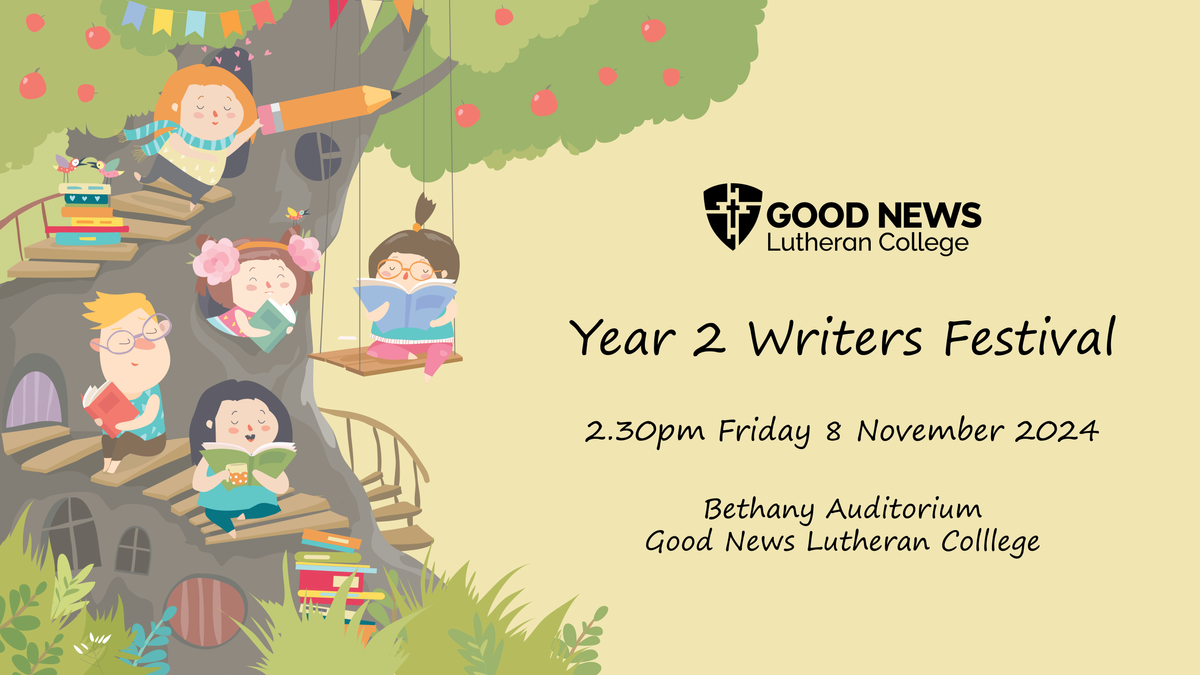Primary Years, Tarneit
Mrs Maria Denholm
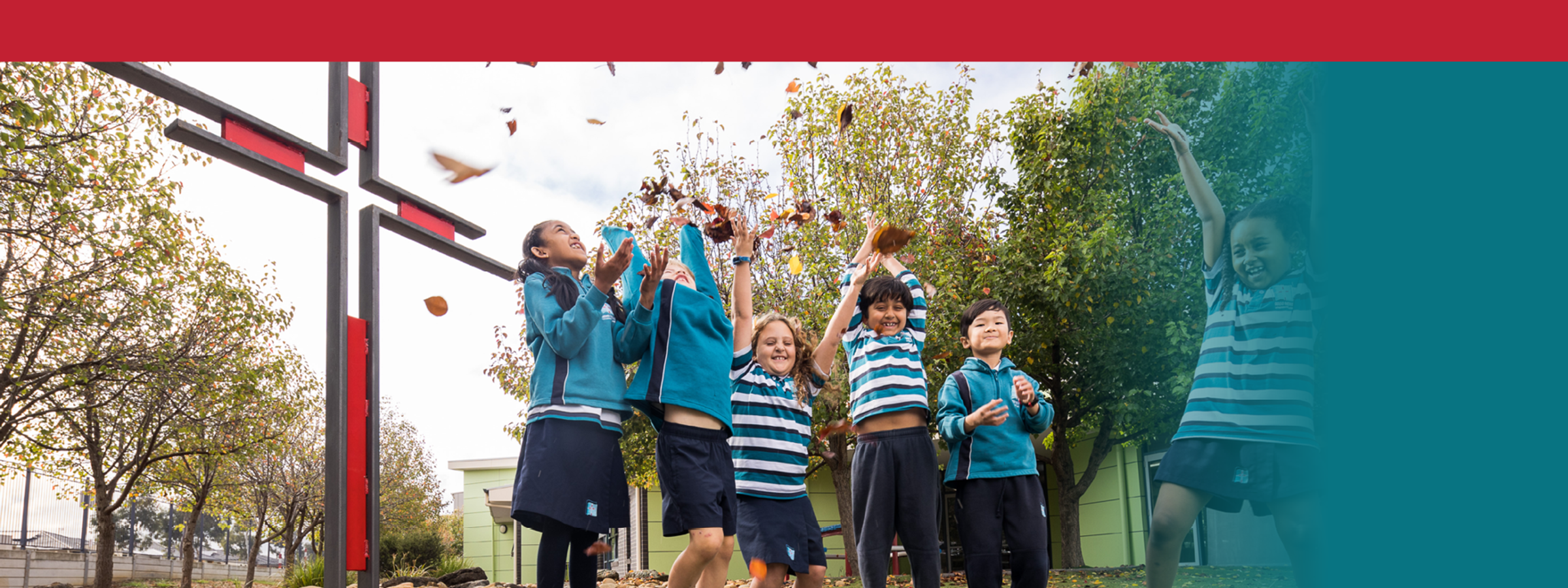
Primary Years, Tarneit
Mrs Maria Denholm
When I think about being knowledgeable, I am reminded of a saying I once heard "Knowledge is what you think with". That made a lot of sense to me, and I realised the foundational role that vocabulary plays in the building of knowledge.
Vocabulary is important because it is closely connected to reading and writing. Children need to be able to understand words if they are to develop their understanding of what they read: ‘Literacy floats on a sea of talk’ (based on Britton, 1970). Children learn many important concepts, particularly in their early years which form the basis of later learning across all subjects.
Vocabulary begins at home with talk. It is about talking as much as reading and writing: talk with your children about what you are doing and reading. Have back-and-forth conversations to model the art of communication. Words are for speaking, as well as reading. Talk about words, as well as reading and writing them.
When talking about words, adults should use comments rather than ask questions: Rather than "What does cosy mean?", say, "That bed looks ‘cosy’. I bet it’s nice and warm".
On the way somewhere, talk about where you are going and what you will see. Let your child join in as well. In this way, they will hear lots of new vocabulary. On the way home or another time, talk about what you saw.
When your child tastes or smells something, use words to describe it other than nice or bad, e.g. creamy or bitter. As they touch interesting things, describe how it feels, using more precise language such as rough or cosy.
Children need to understand words to understand what they are reading. Children also need words to understand science, maths and other subjects. If you speak other languages at home, talk about words in your own language. Play games or translate English words into your language.
Listen carefully to the words your child is using and look for opportunities to praise and add words. When they use a new word, let them know by commenting on their word choice. Children need to hear a word many times before they use it, so do a little every day and you will notice a change.
The teachers at GNLC develop vocabulary lists for the units of work they teach which begins to build the background knowledge children need to engage in the learning. These may appear on a word wall or as part of a grammar lesson. They will use these words many times throughout a unit of work so that students have multiple opportunities to use them in context, and eventually they will be able to add them to their everyday vocabulary.
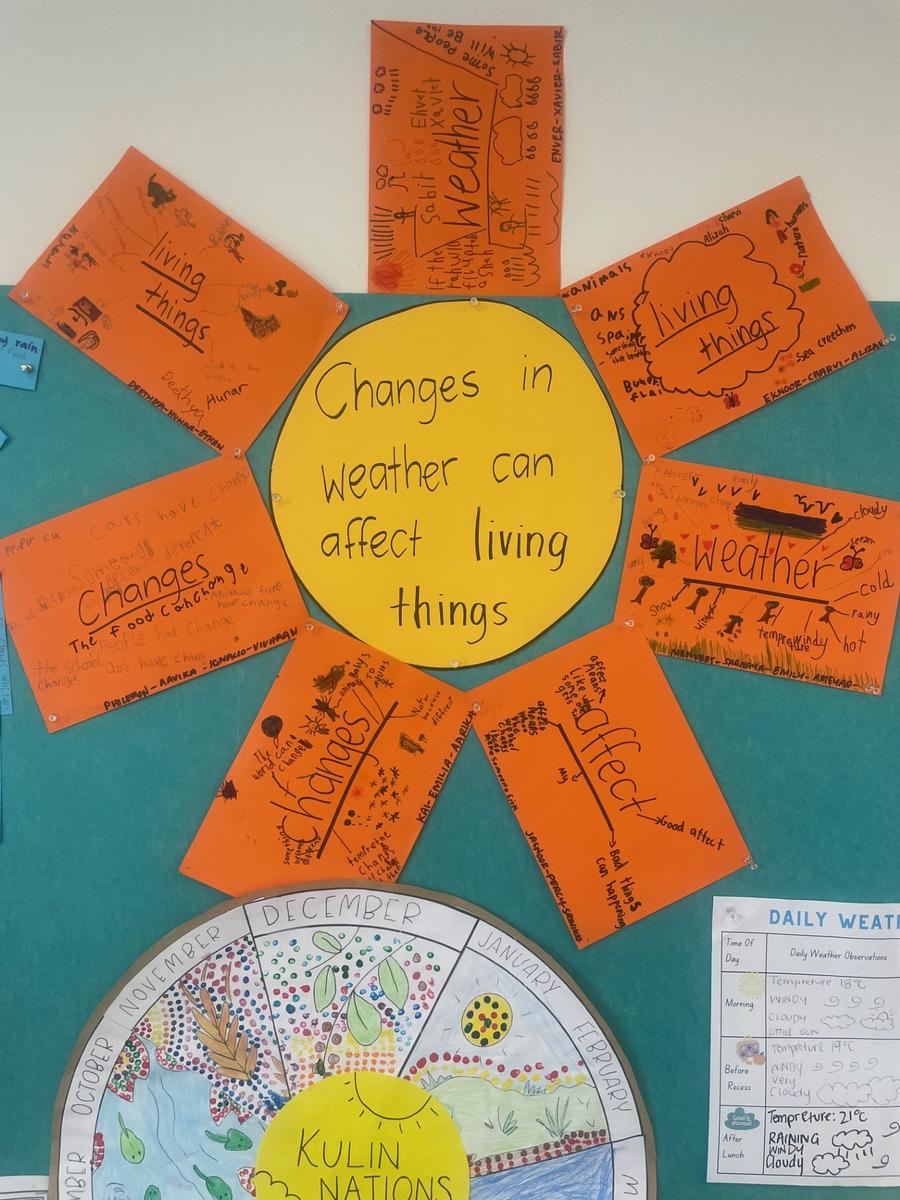
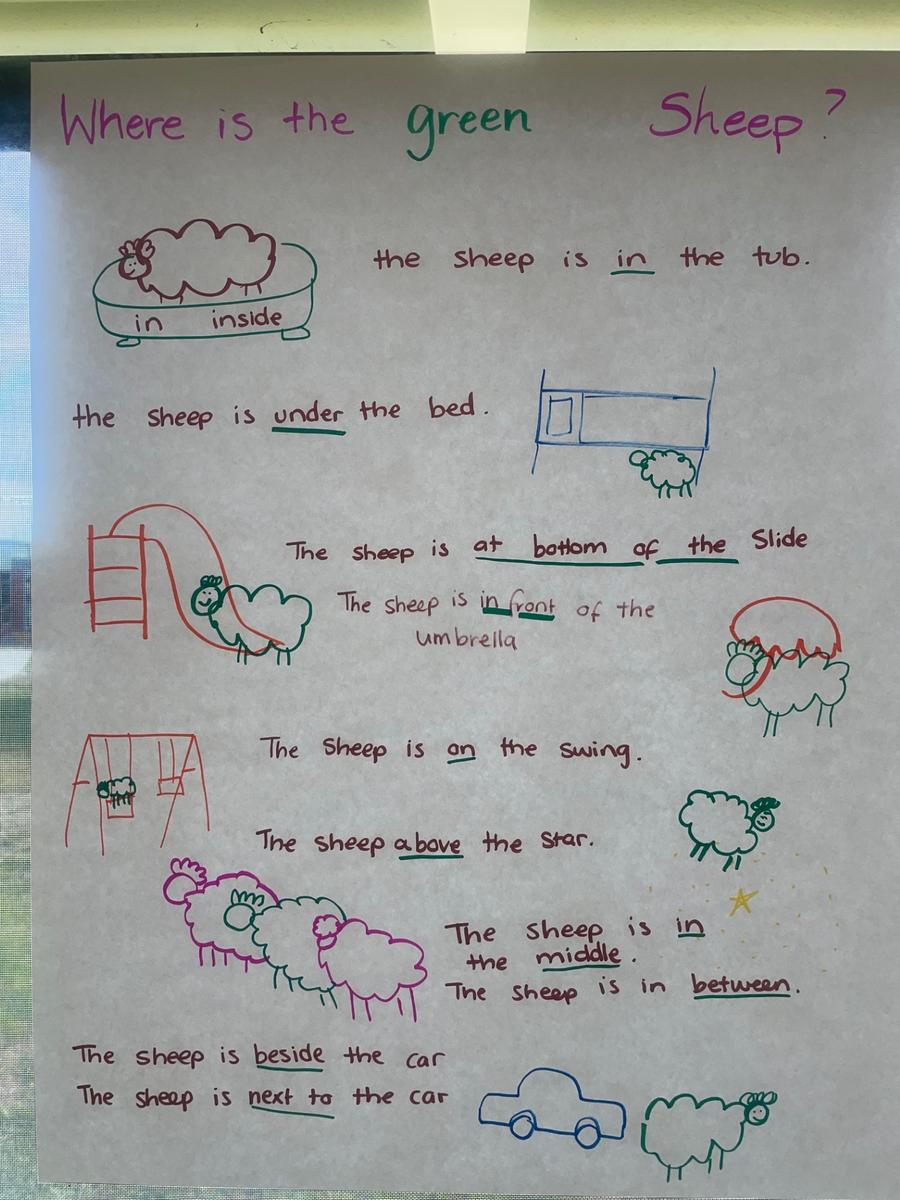
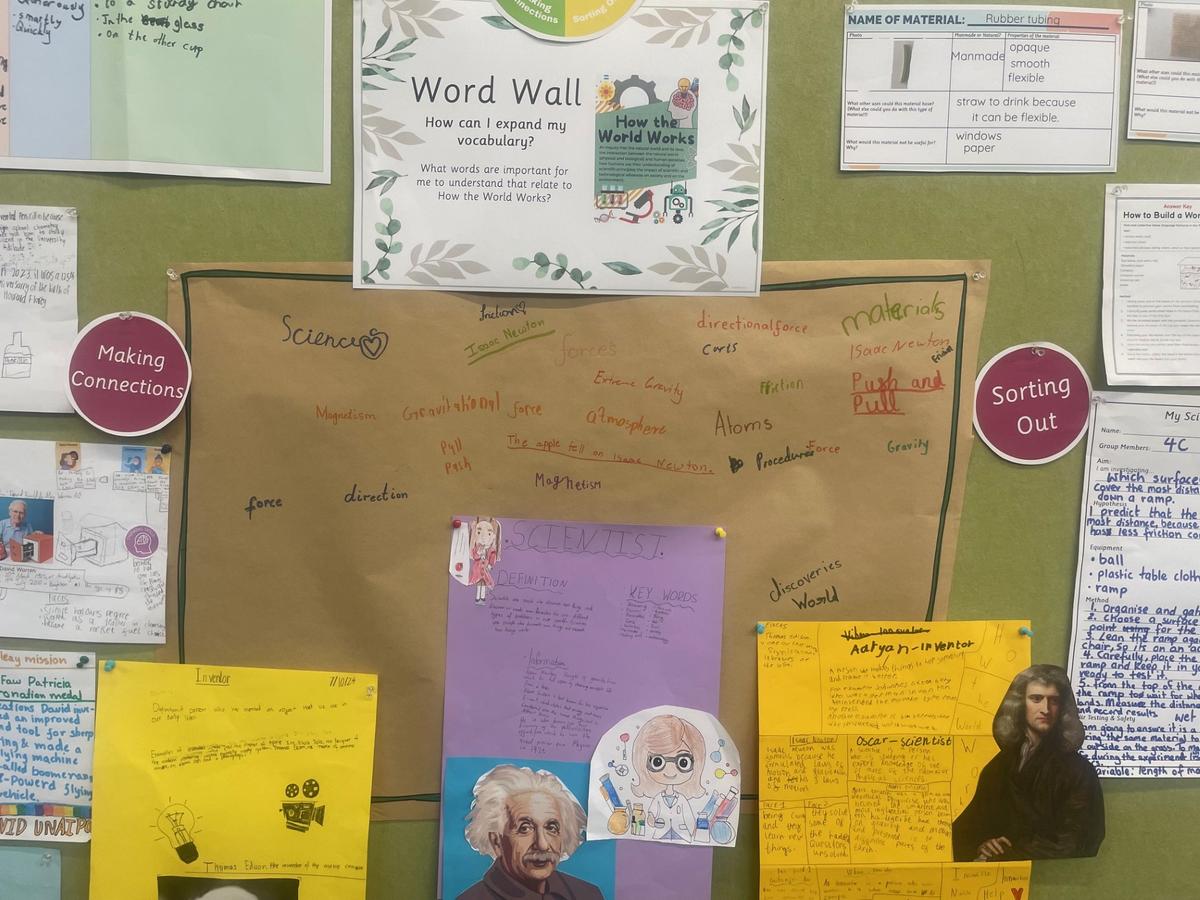
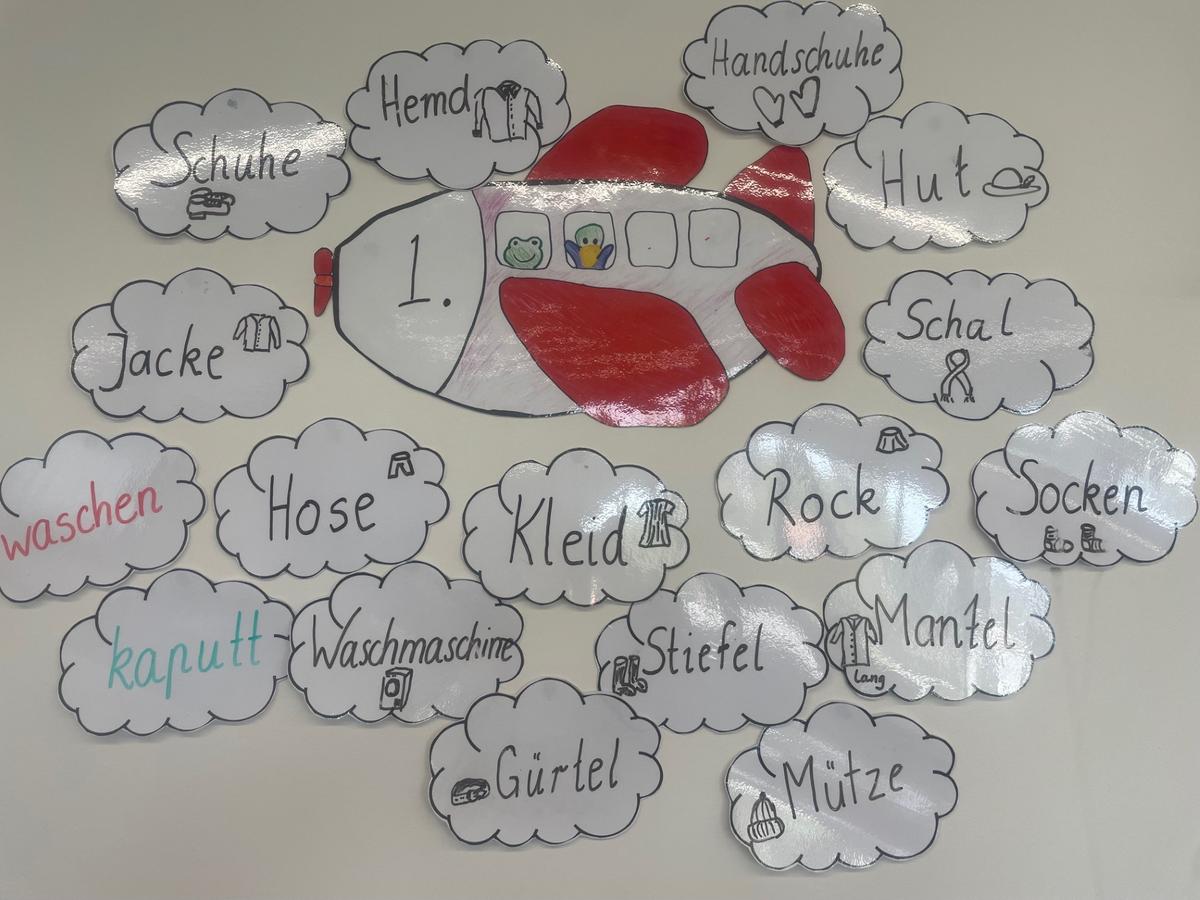




Maria Denholm
Deputy Principal - Primary
Year 1 recently visited Werribee Zoo, where students explored the Australian and African Trails, participated in the Habitat Heroes workshop, and enjoyed a safari bus ride. These experiences allowed them to observe many animals from around the world, fostering inquiry and critical thinking about biodiversity and conservation. The workshop highlighted environmental sustainability and the importance of protecting habitats and empowering students as global citizens. Students showed great curiosity when exploring different ways they can be 'habitat heroes' and care for animals in the environment. The excursion enriched their understanding of the natural world and has prepared them for further classroom exploration and creative projects about their favourite animals.
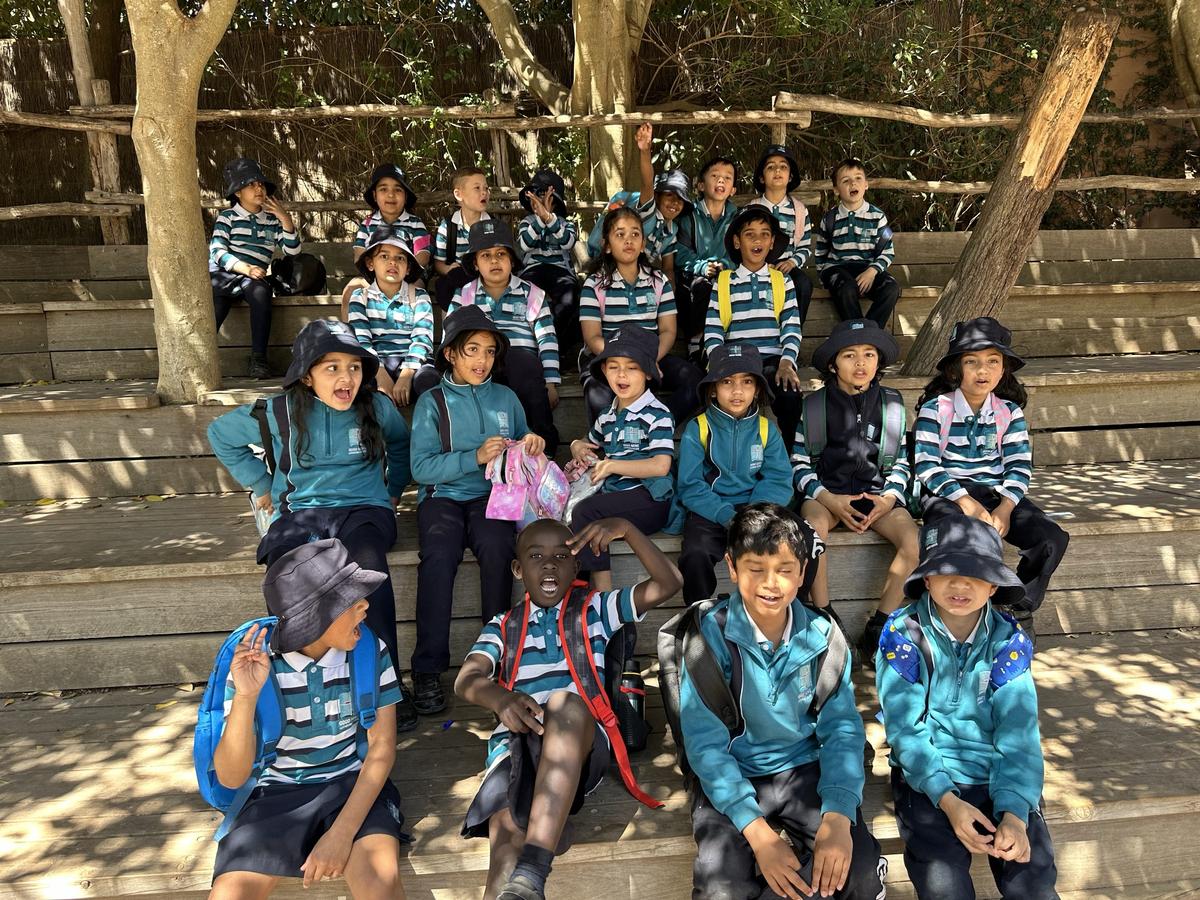
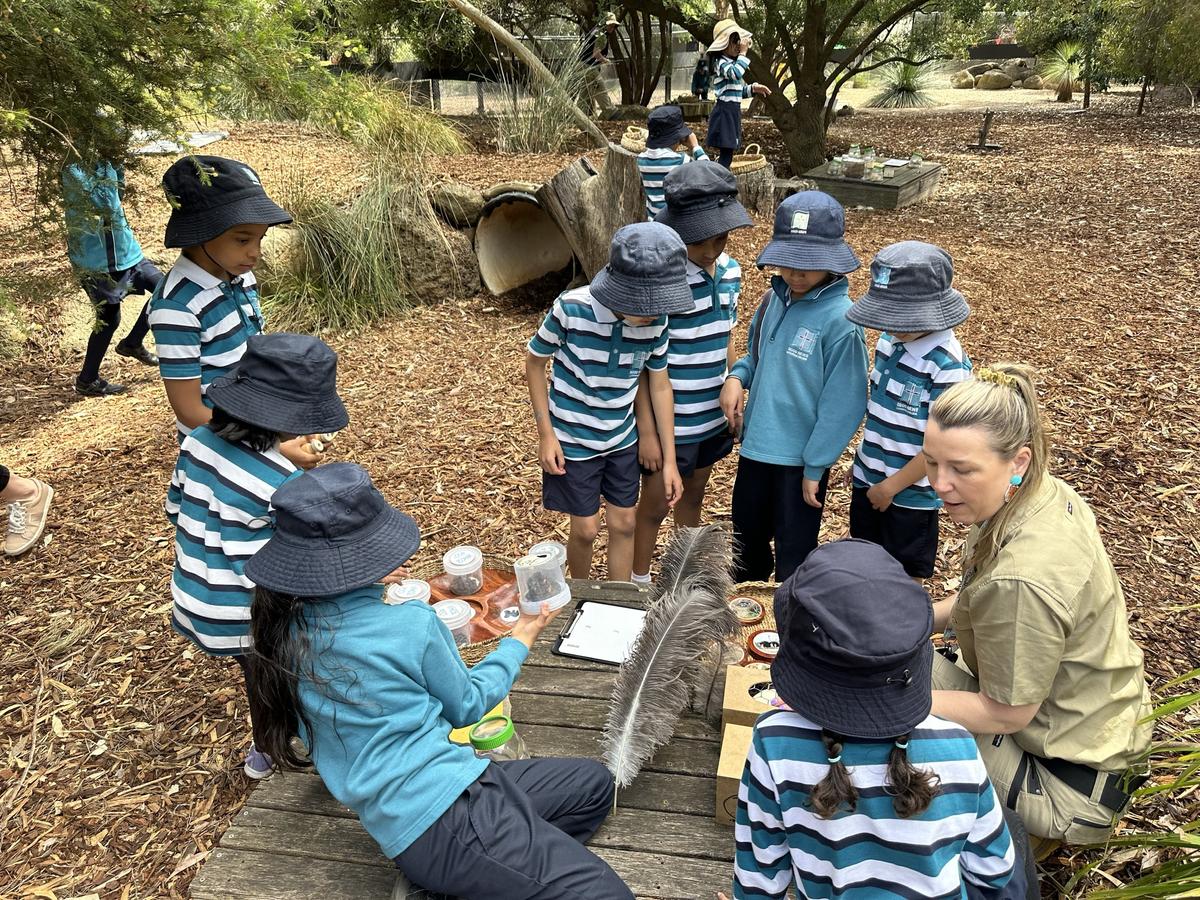
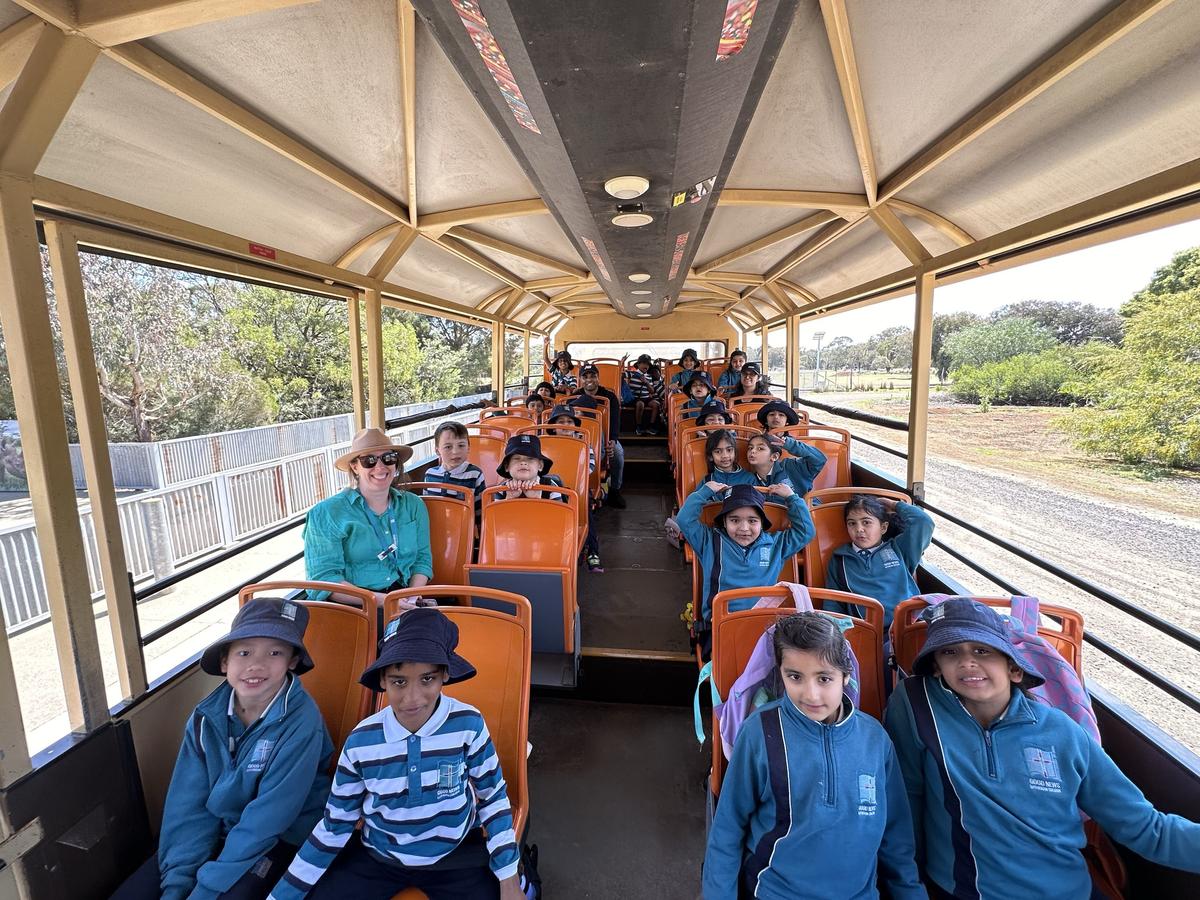
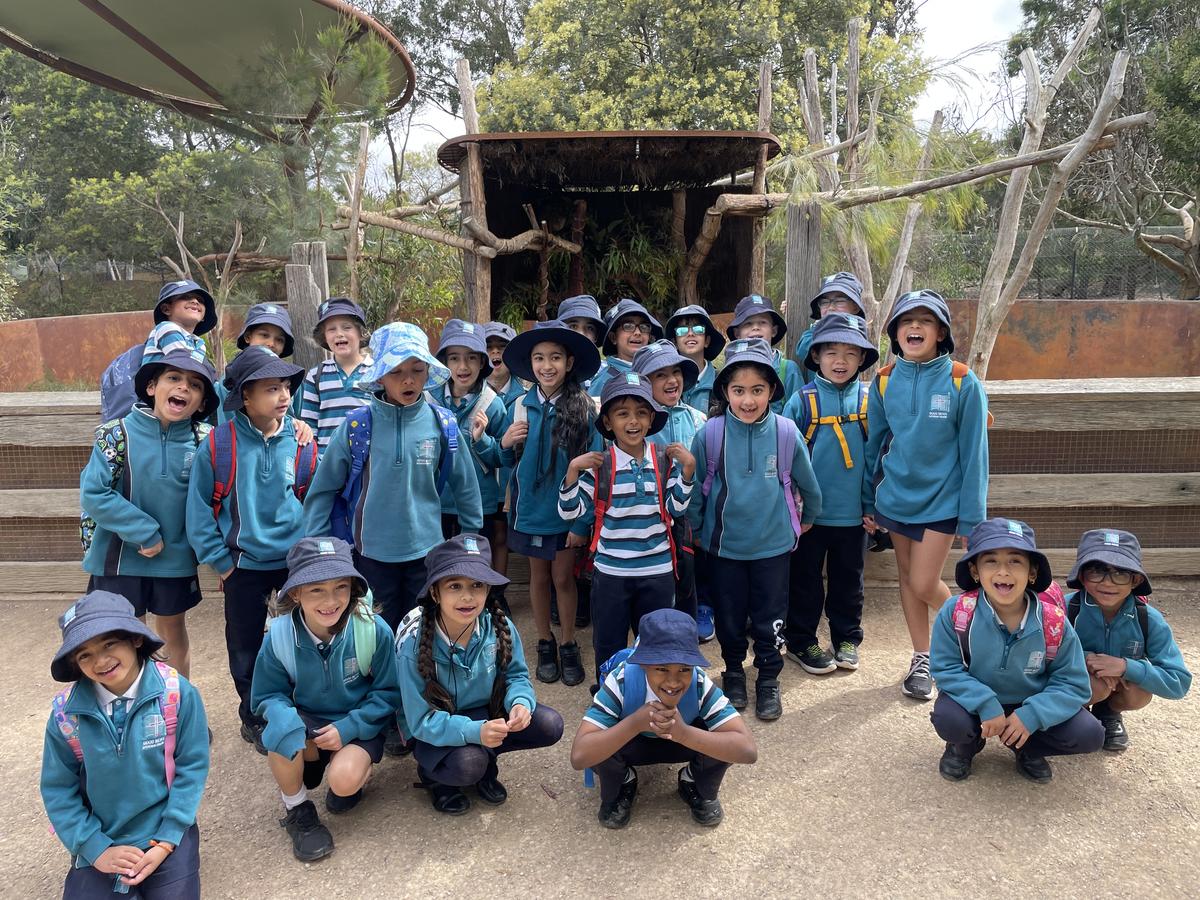
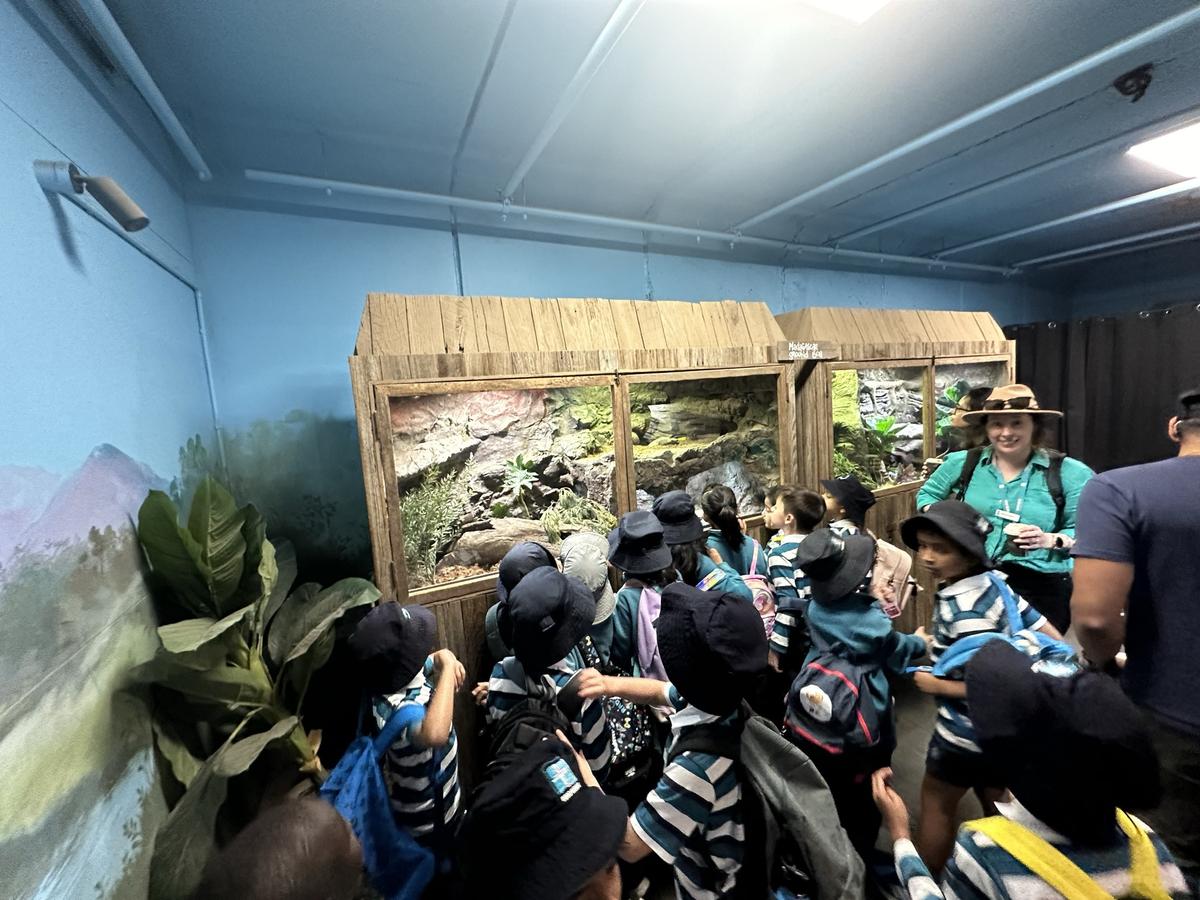
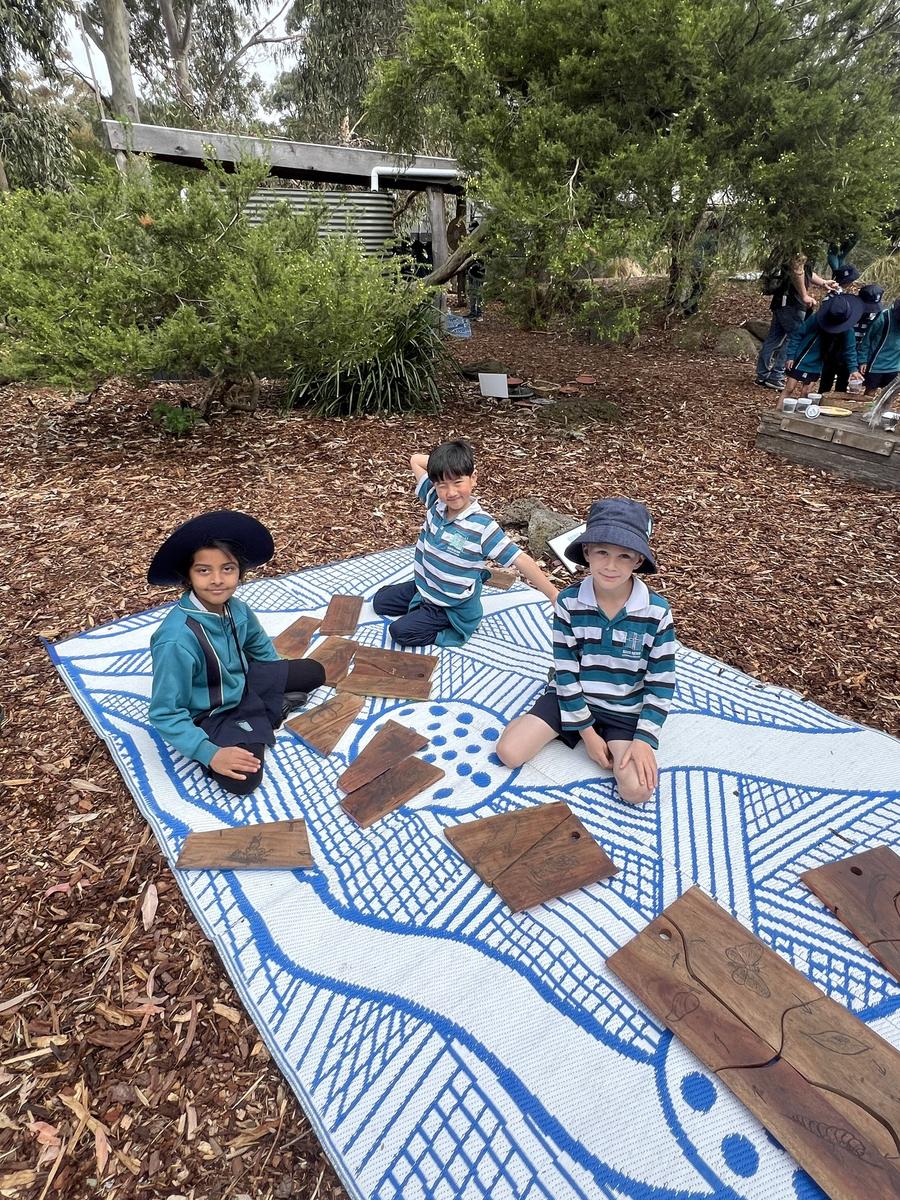
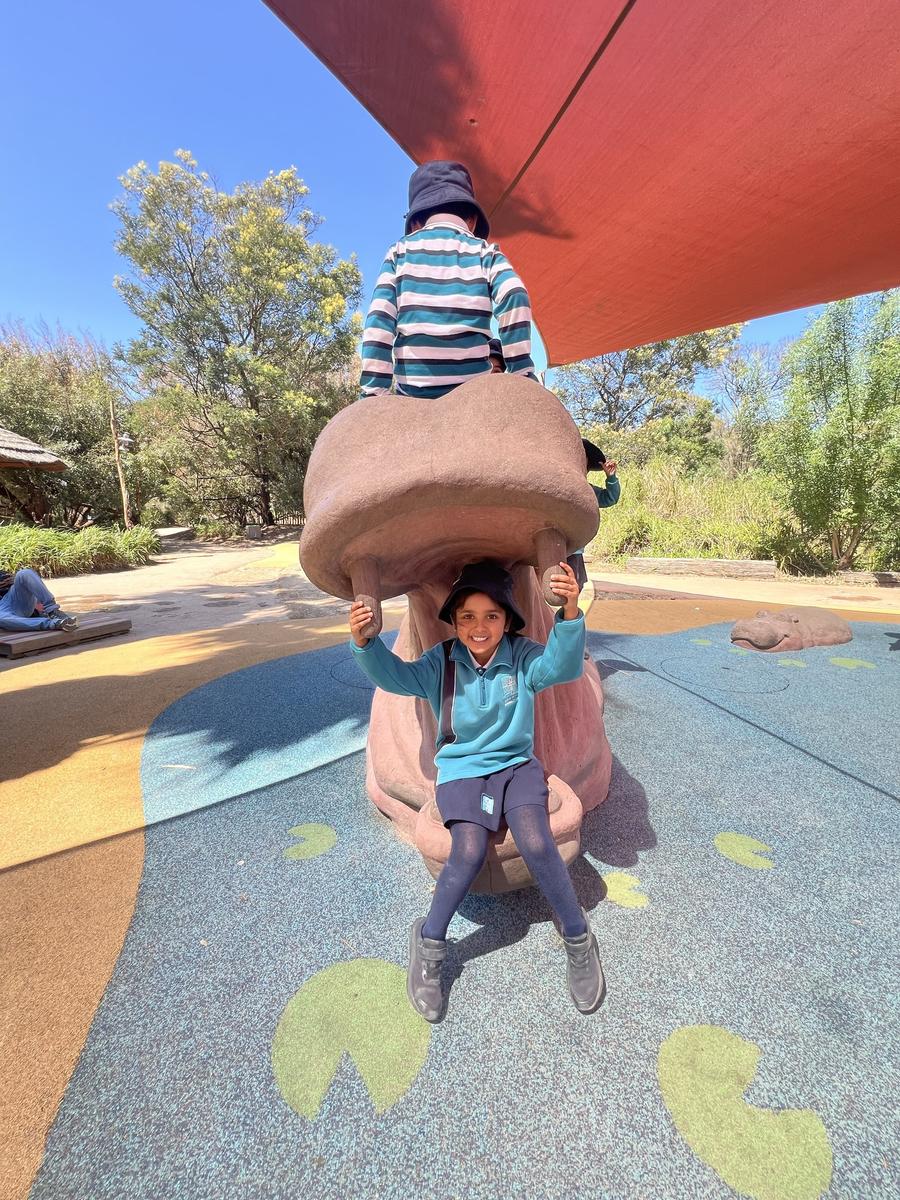
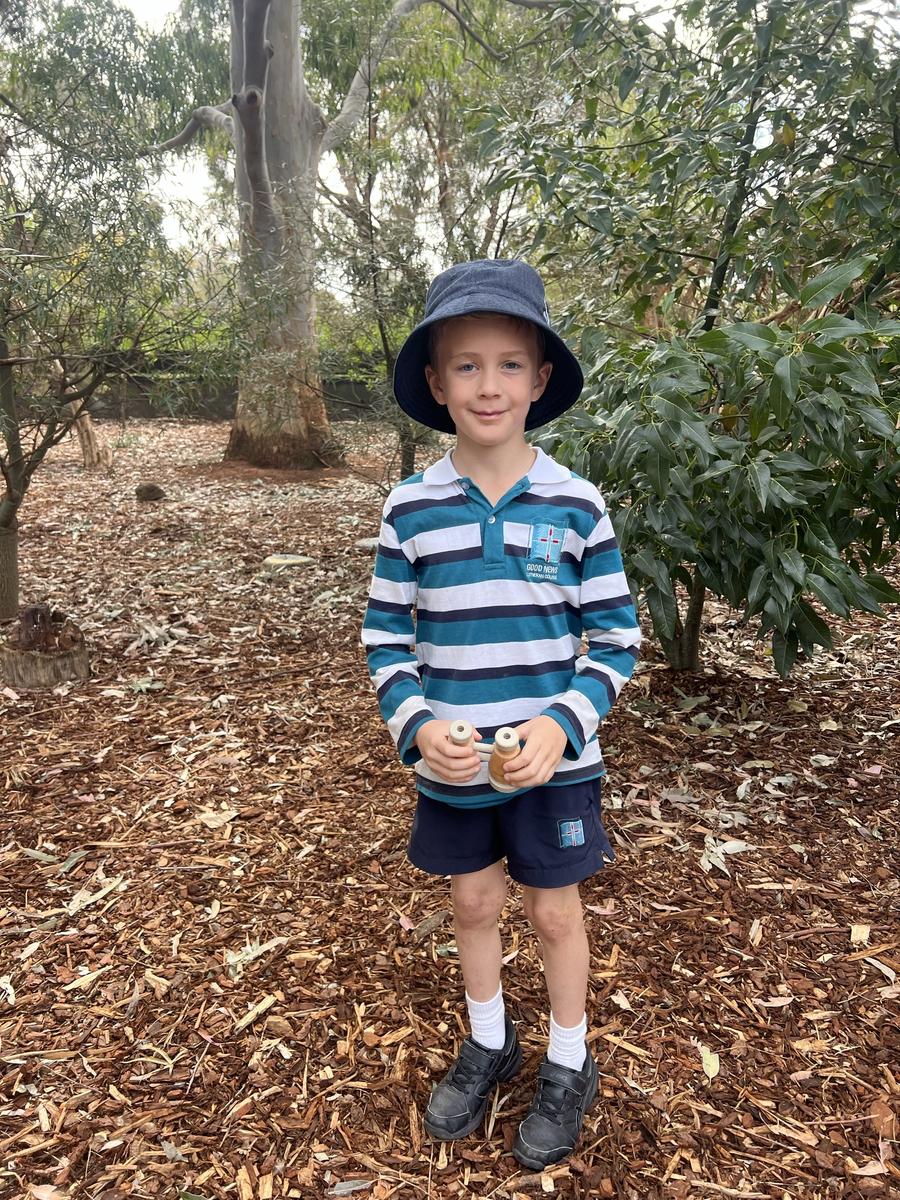
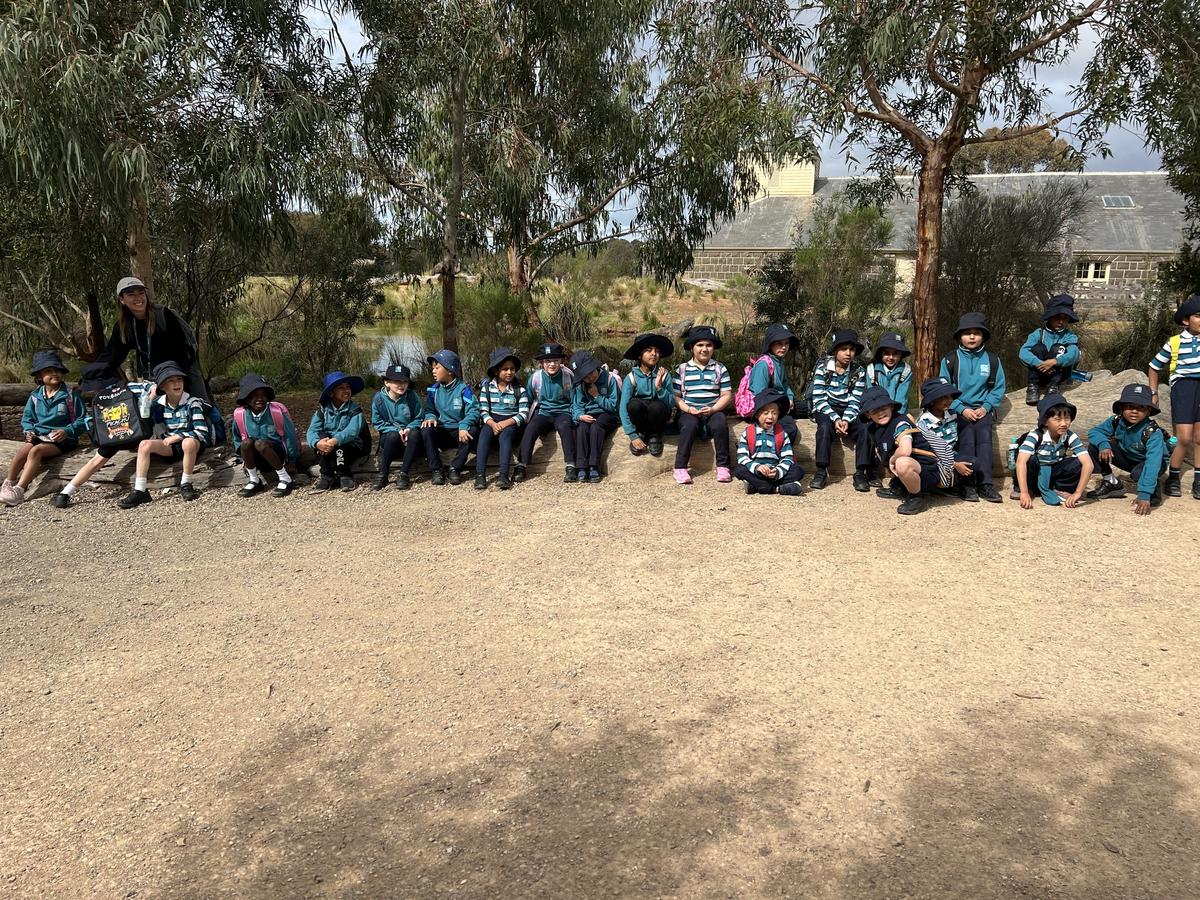
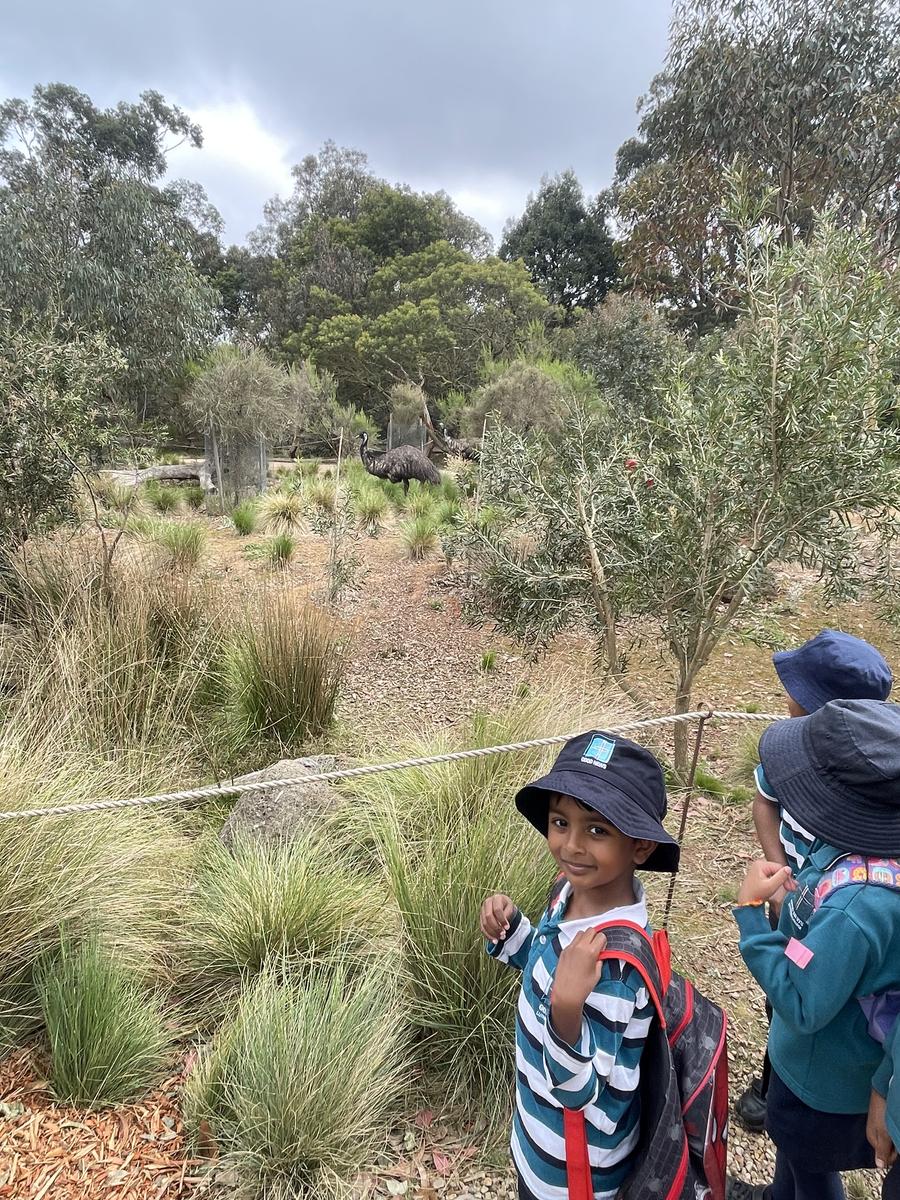
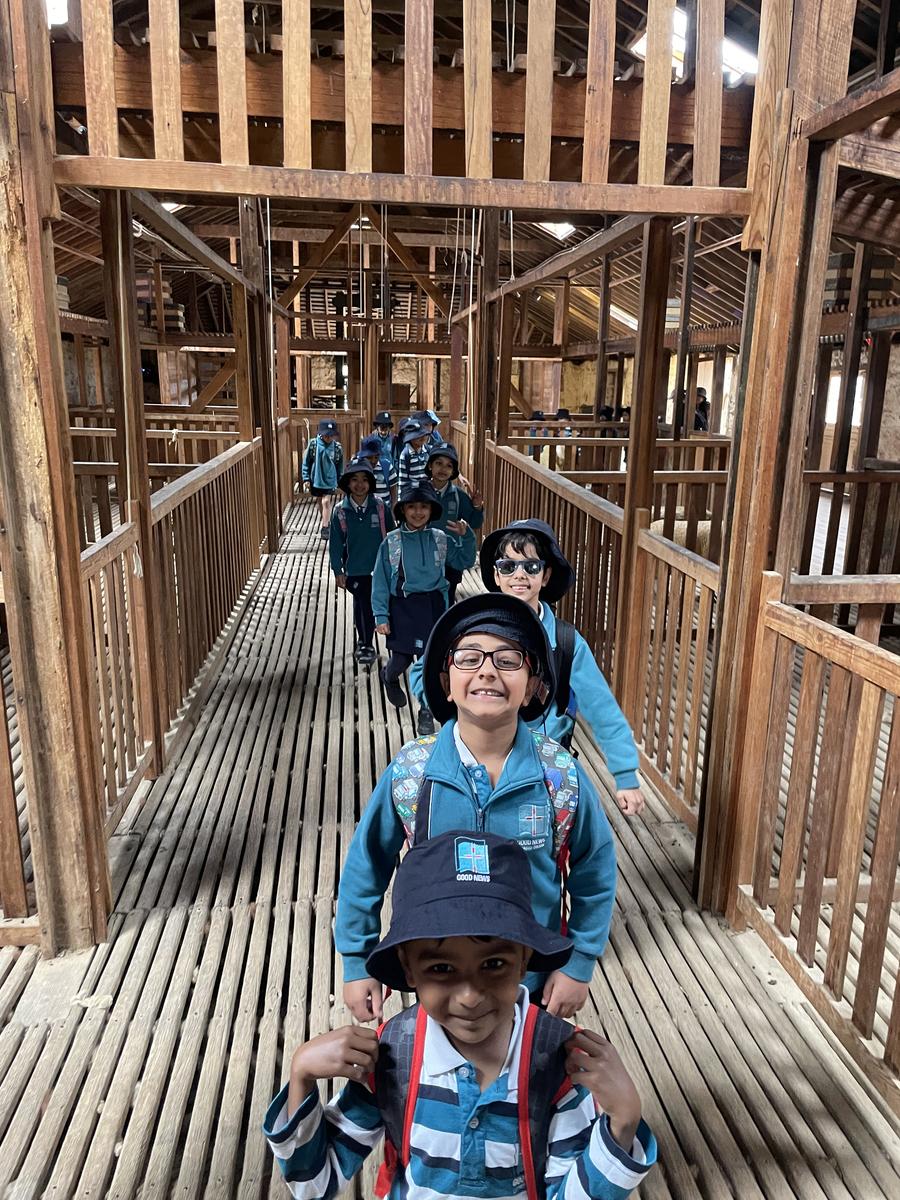
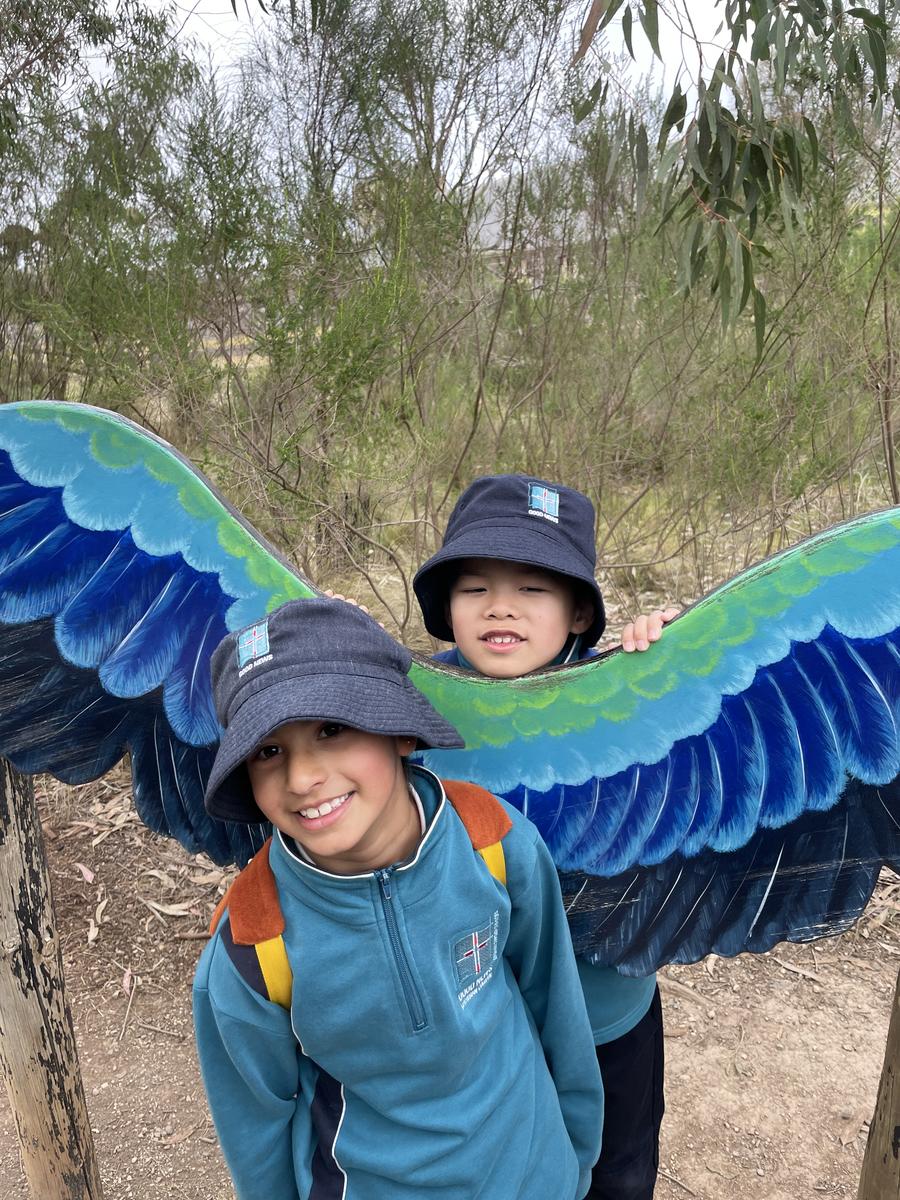
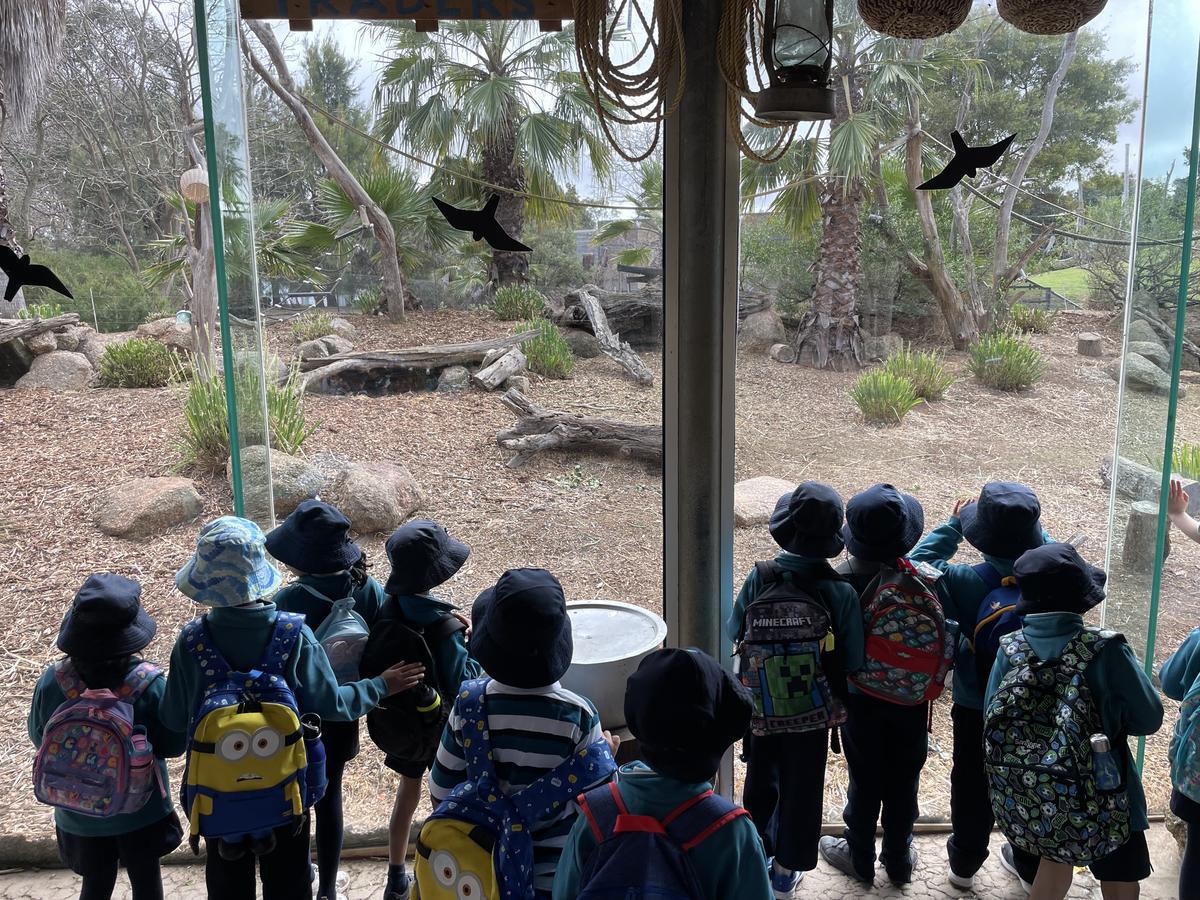
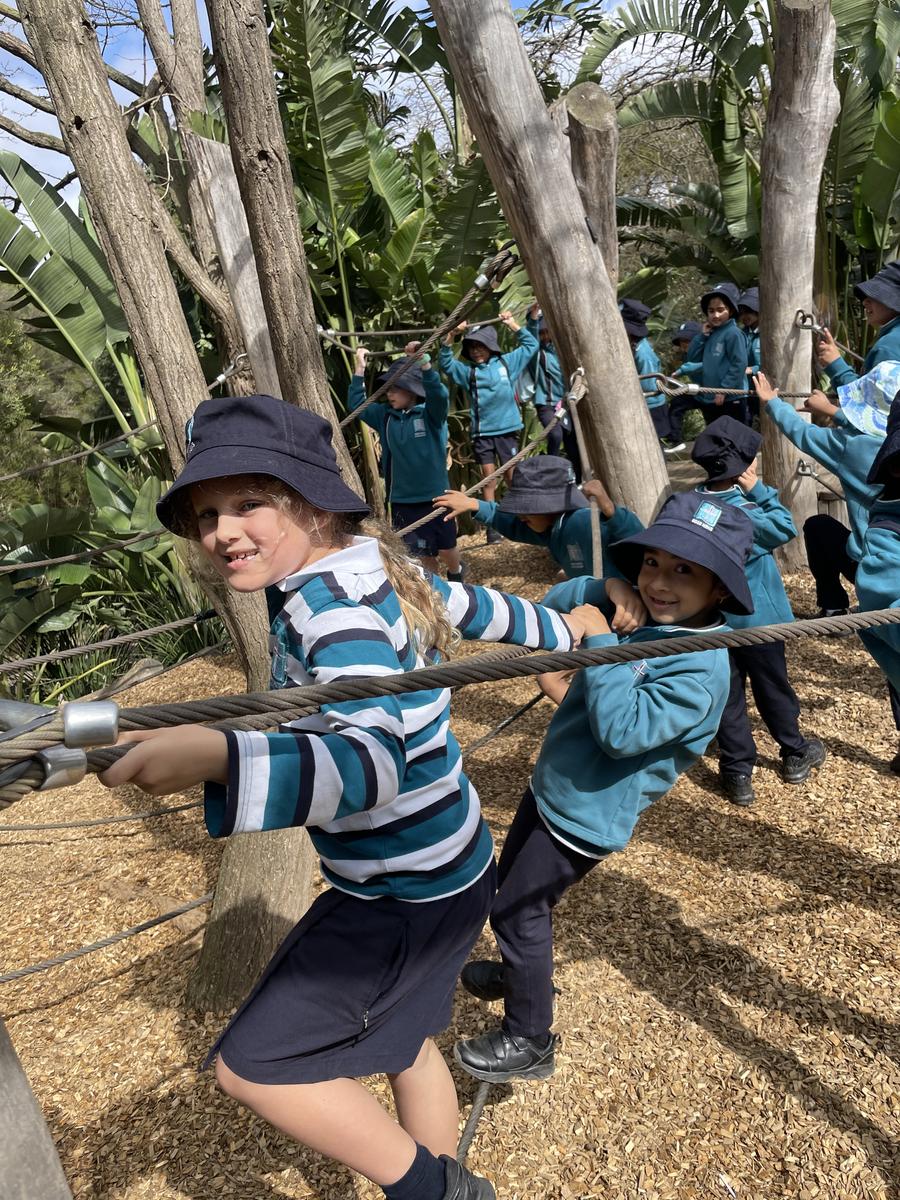
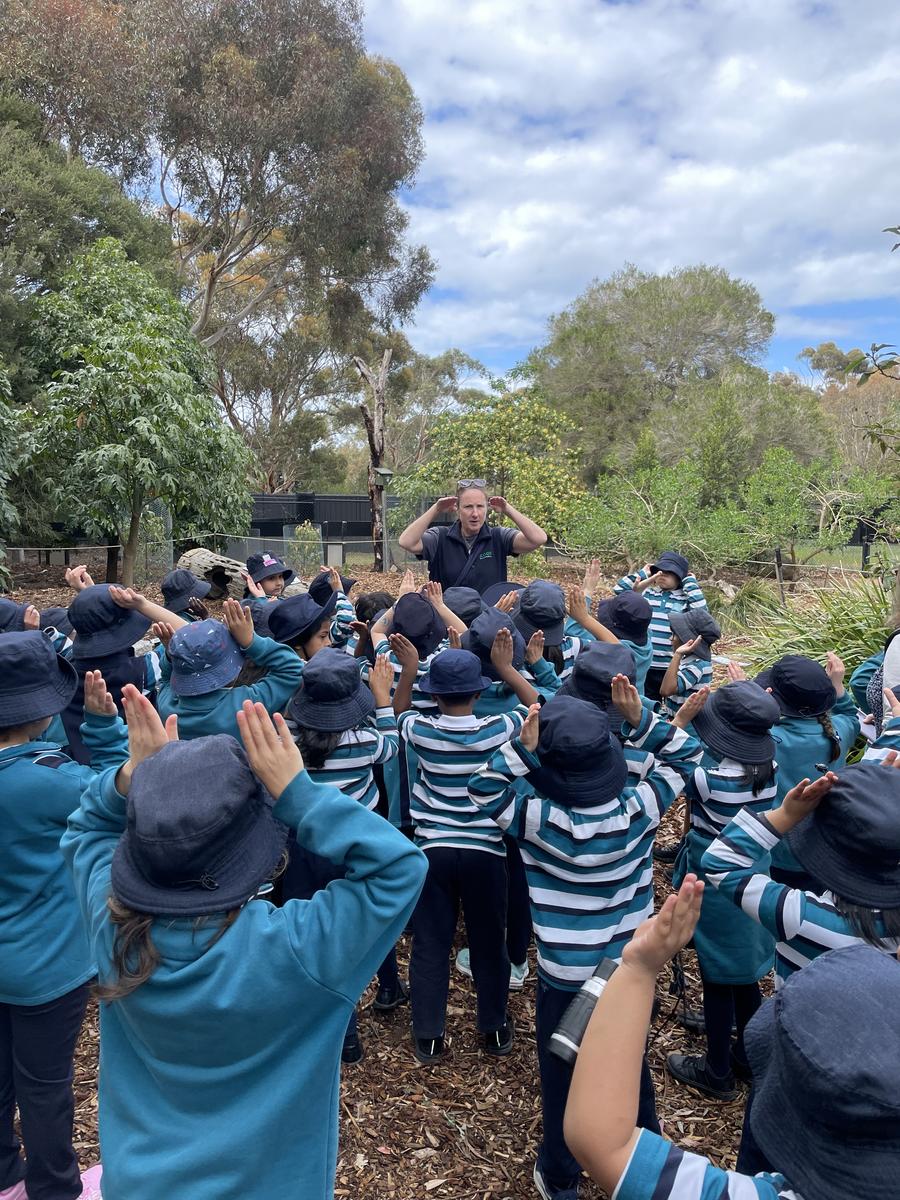
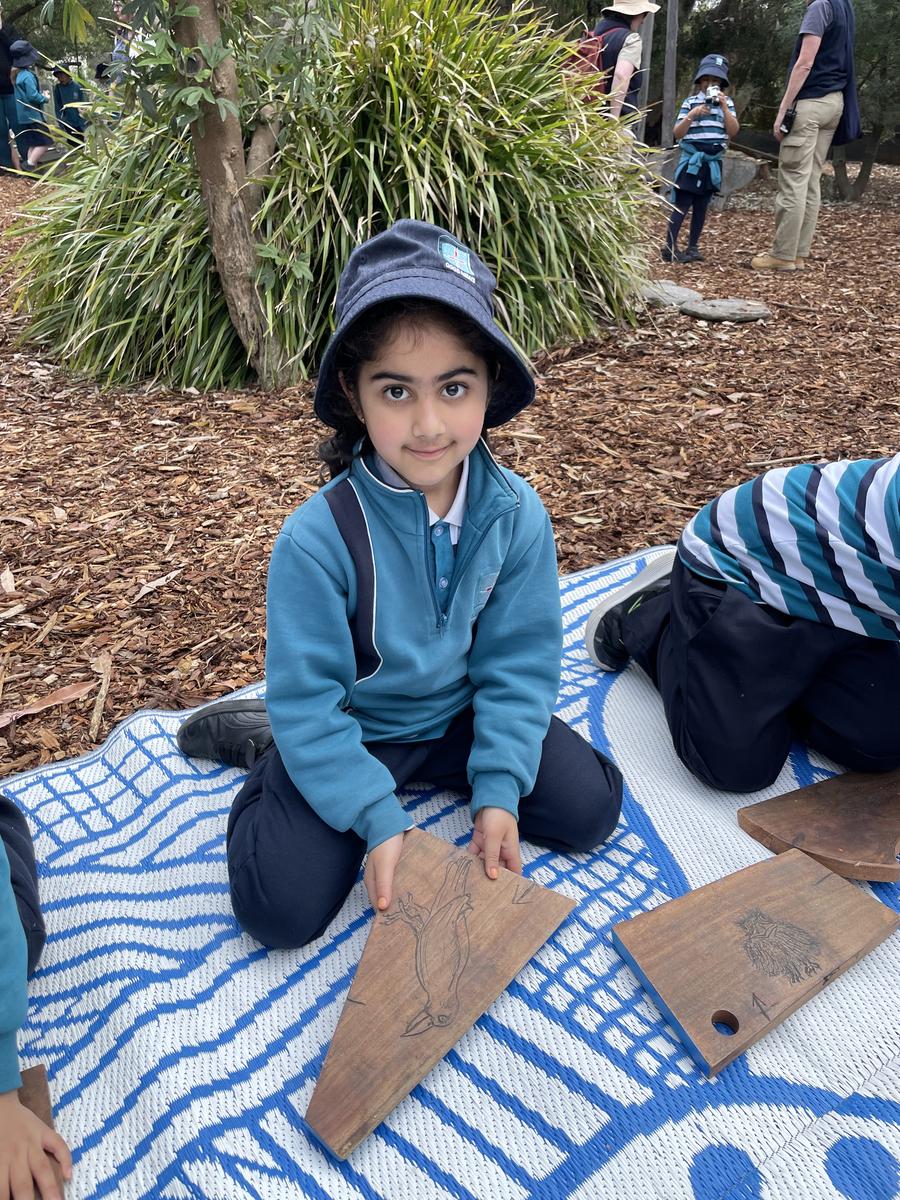
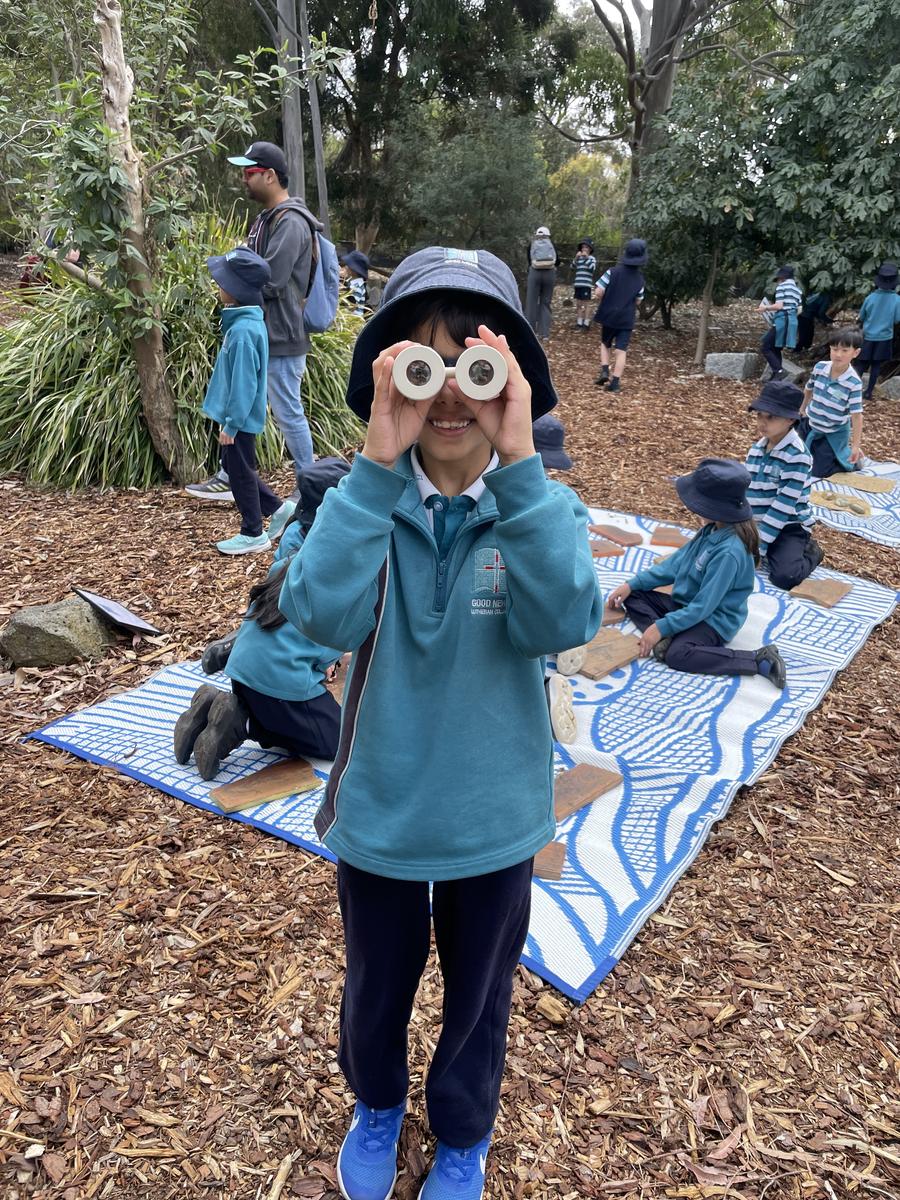
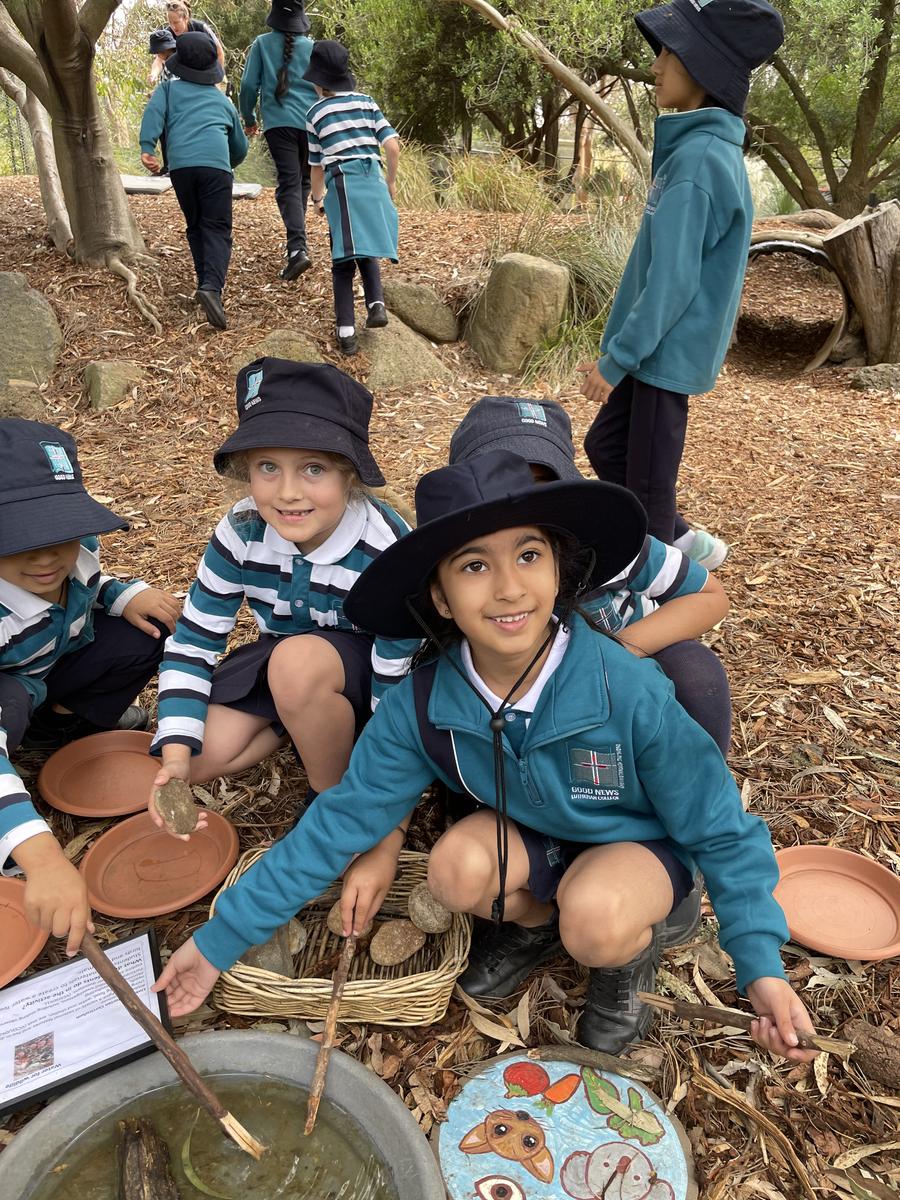
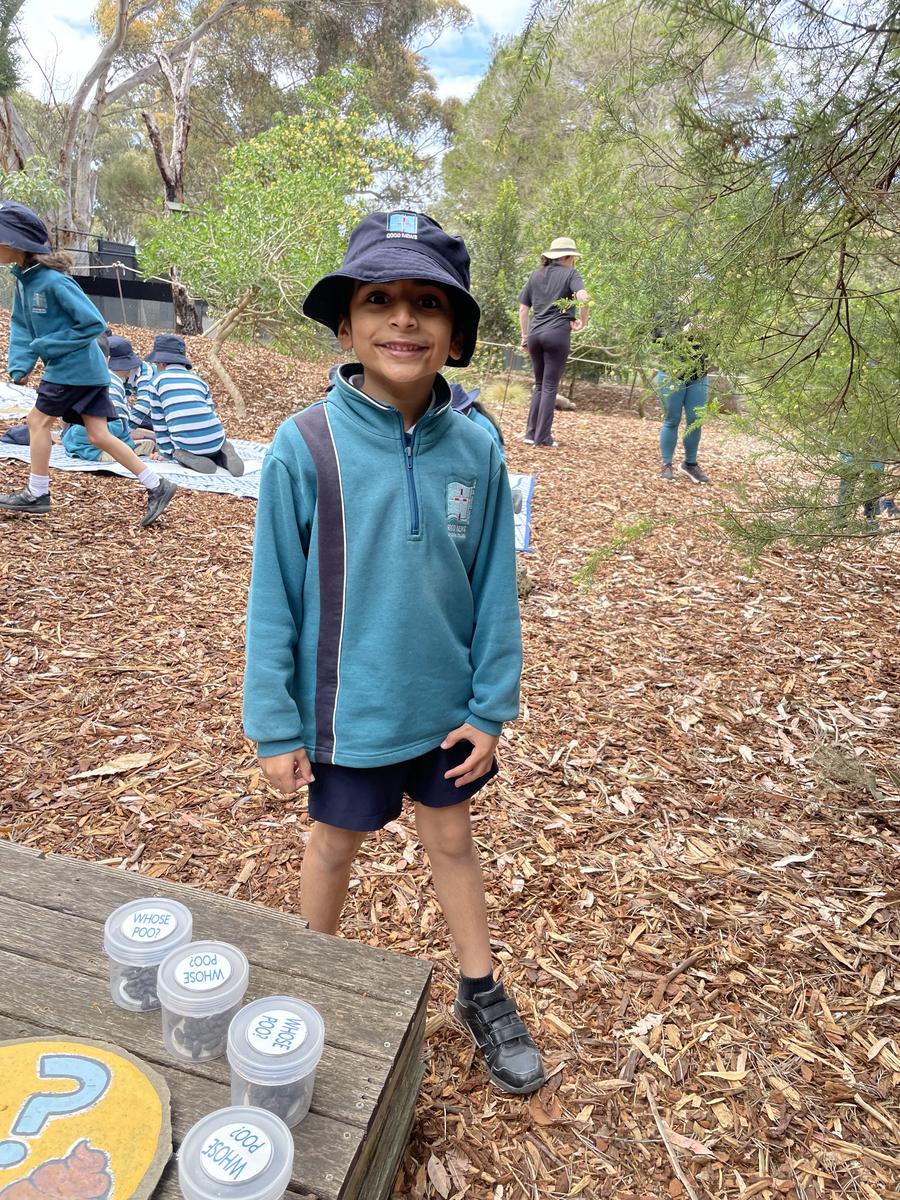
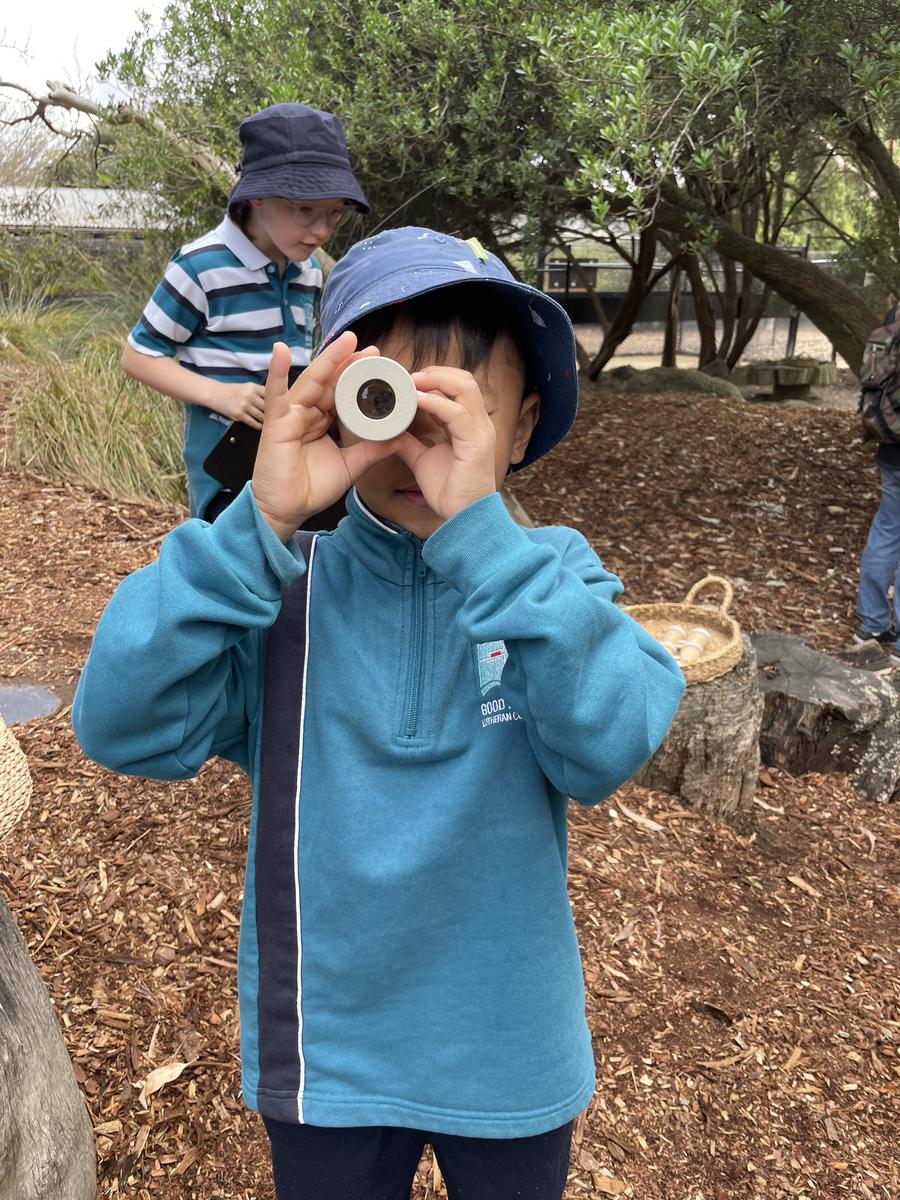
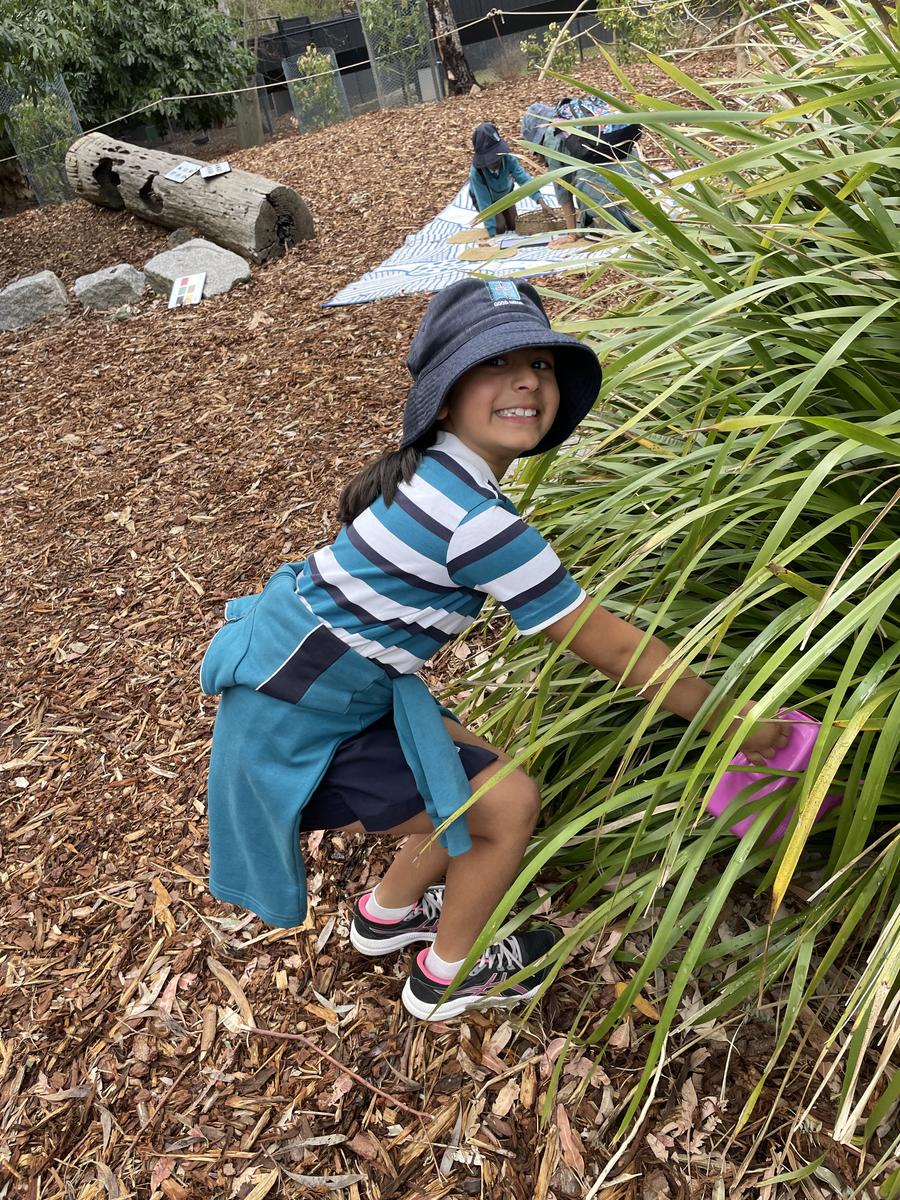
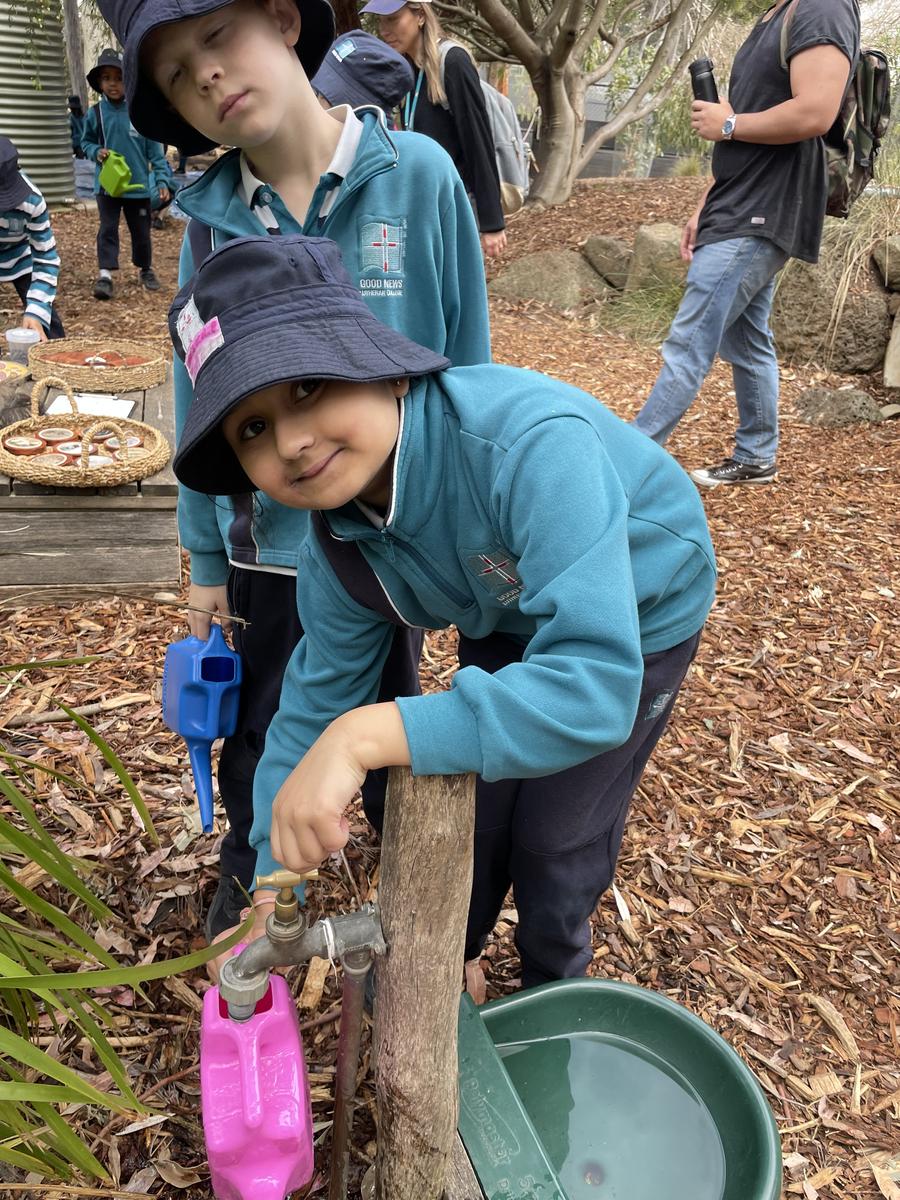
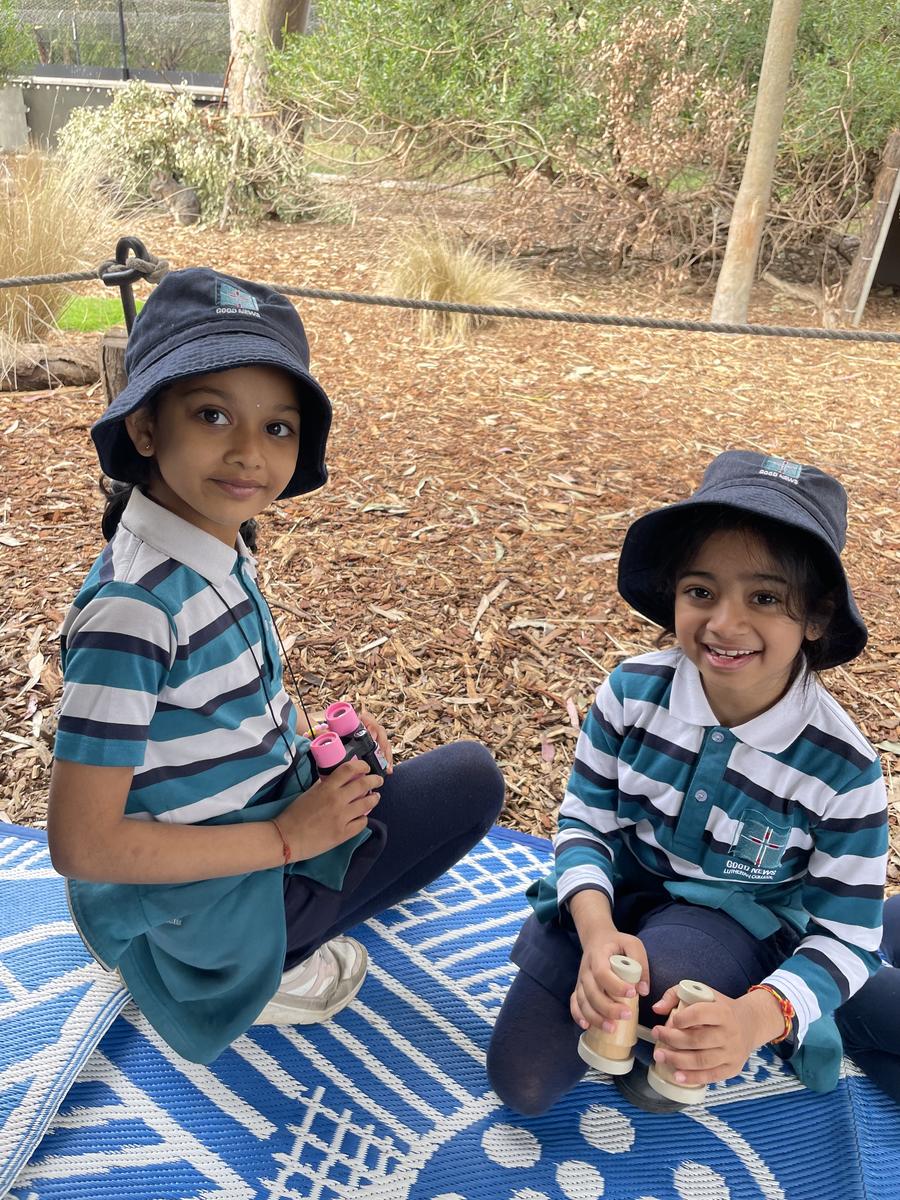
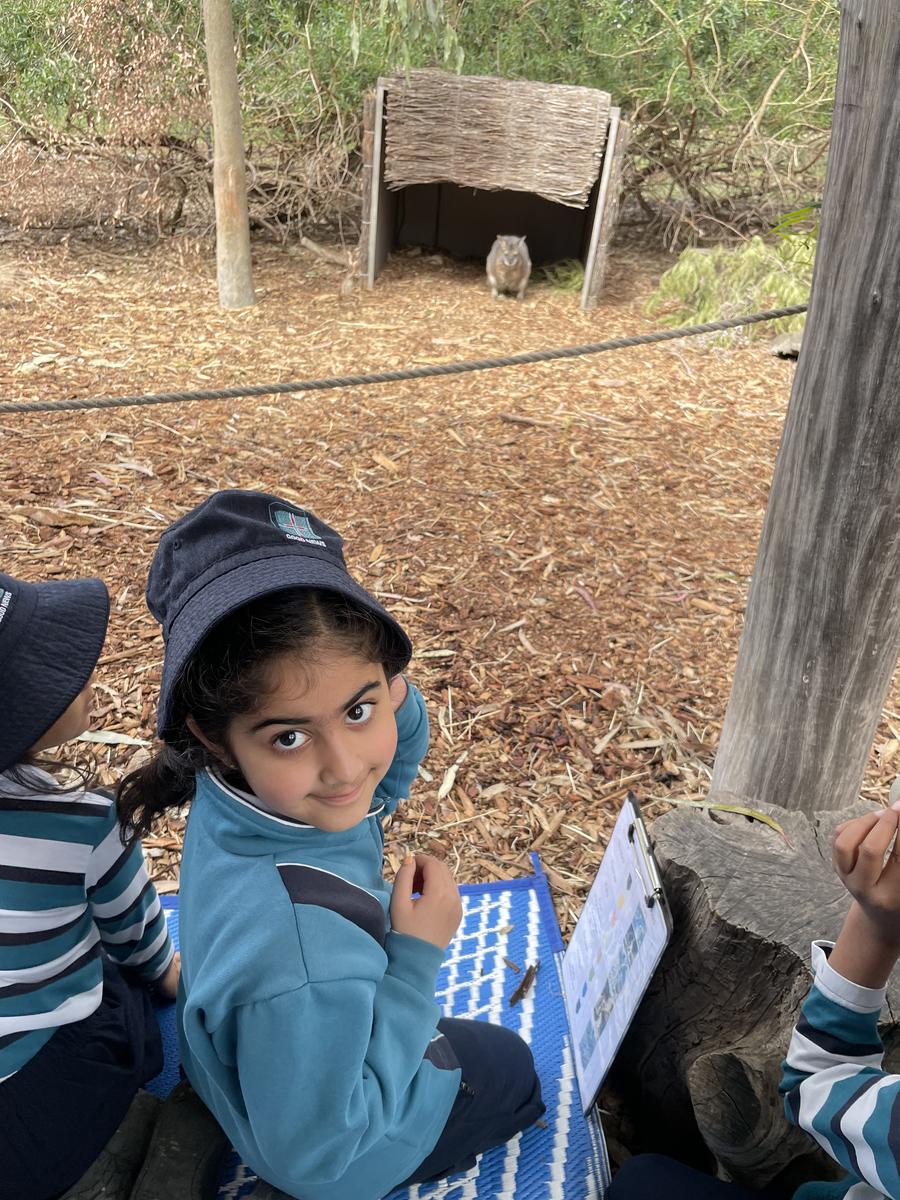
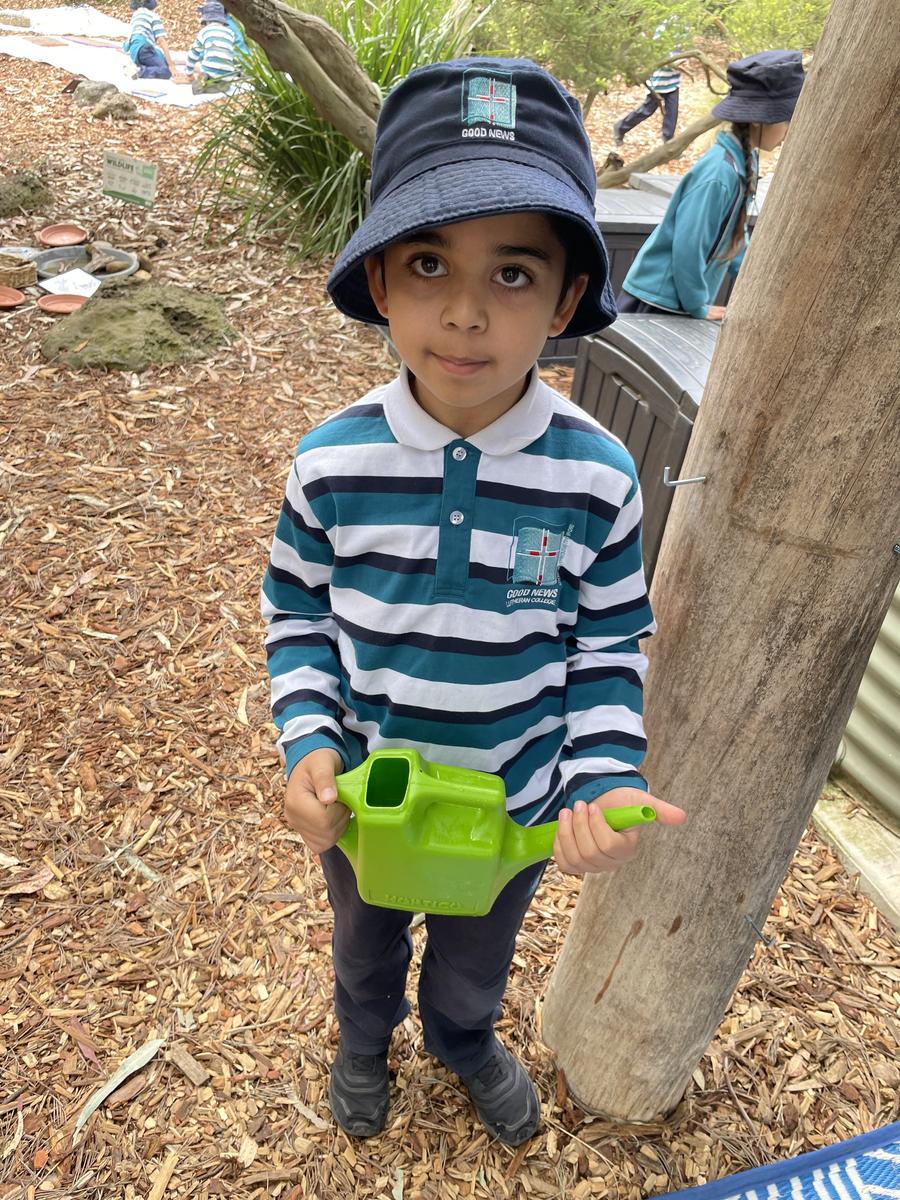
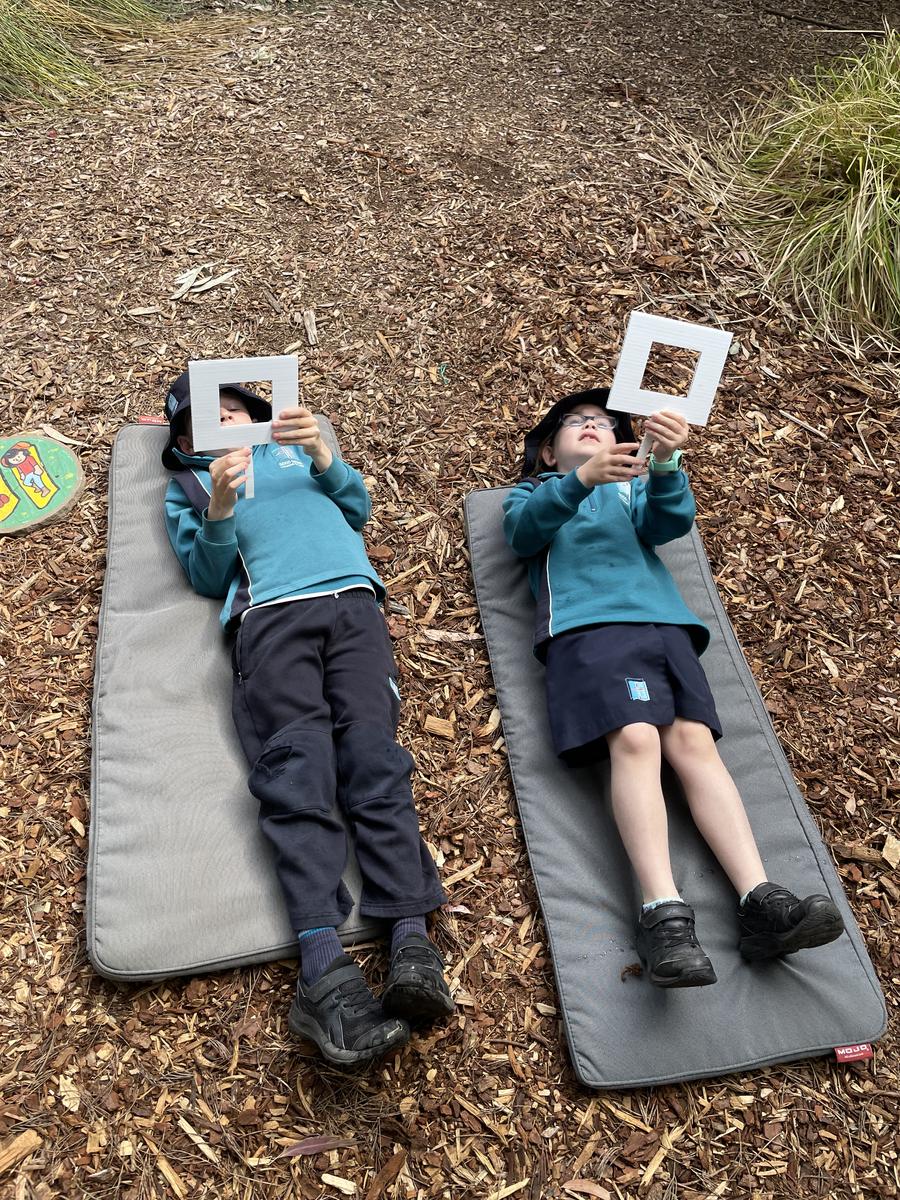
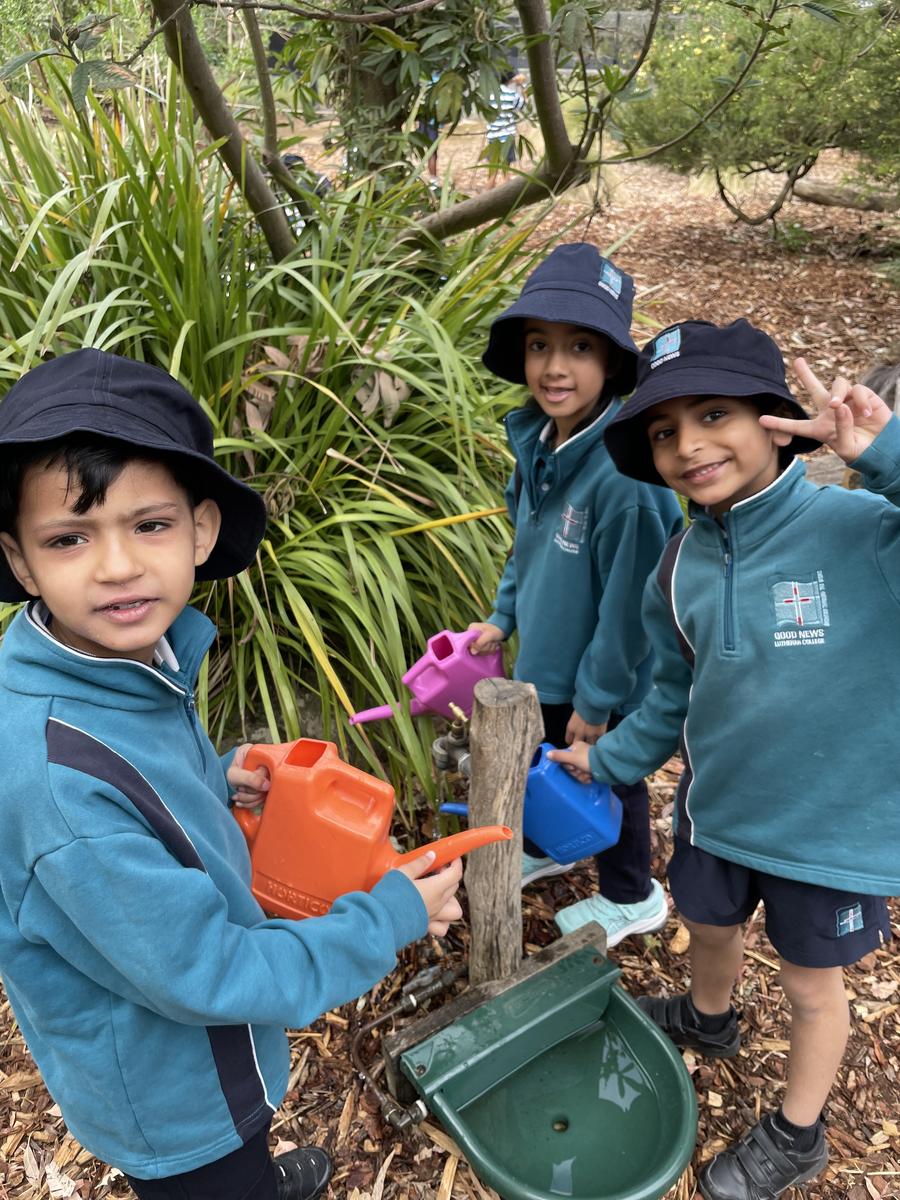
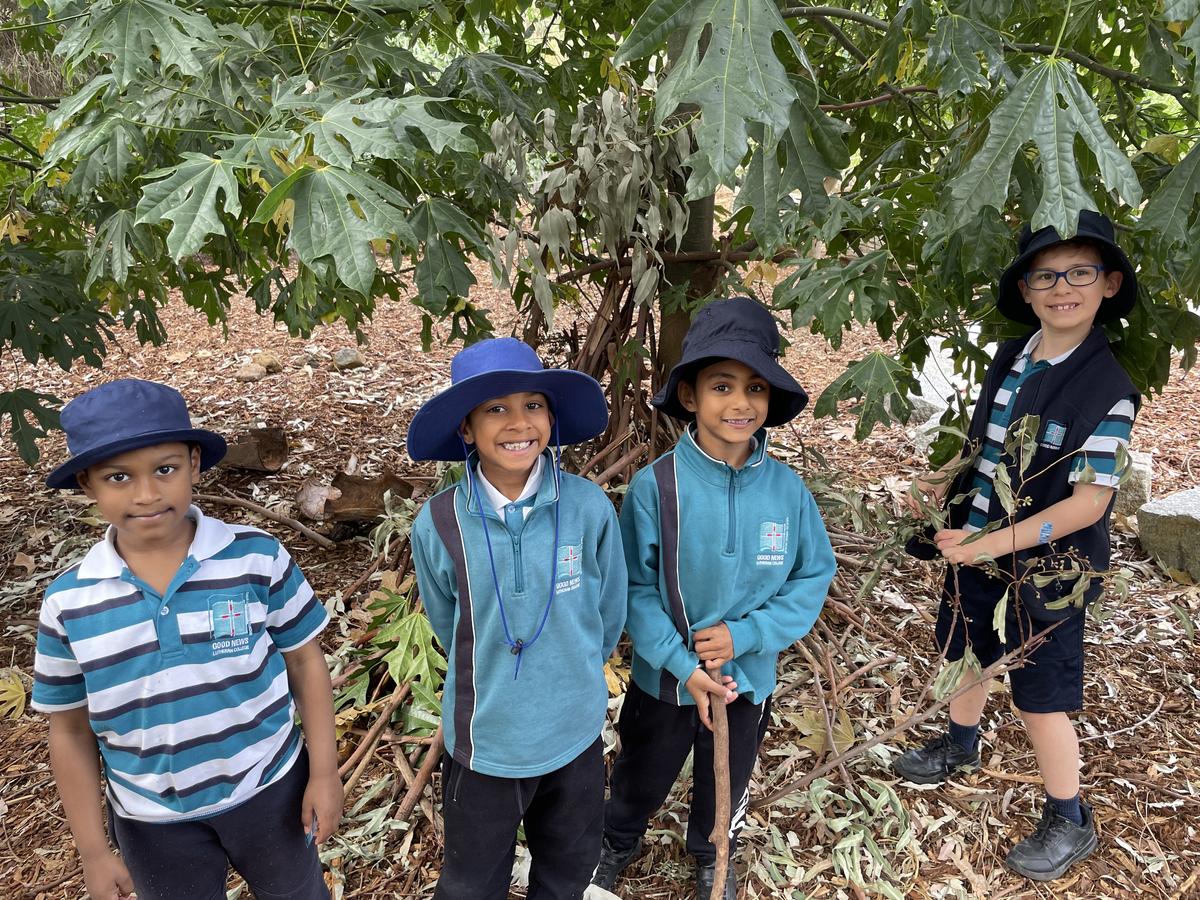
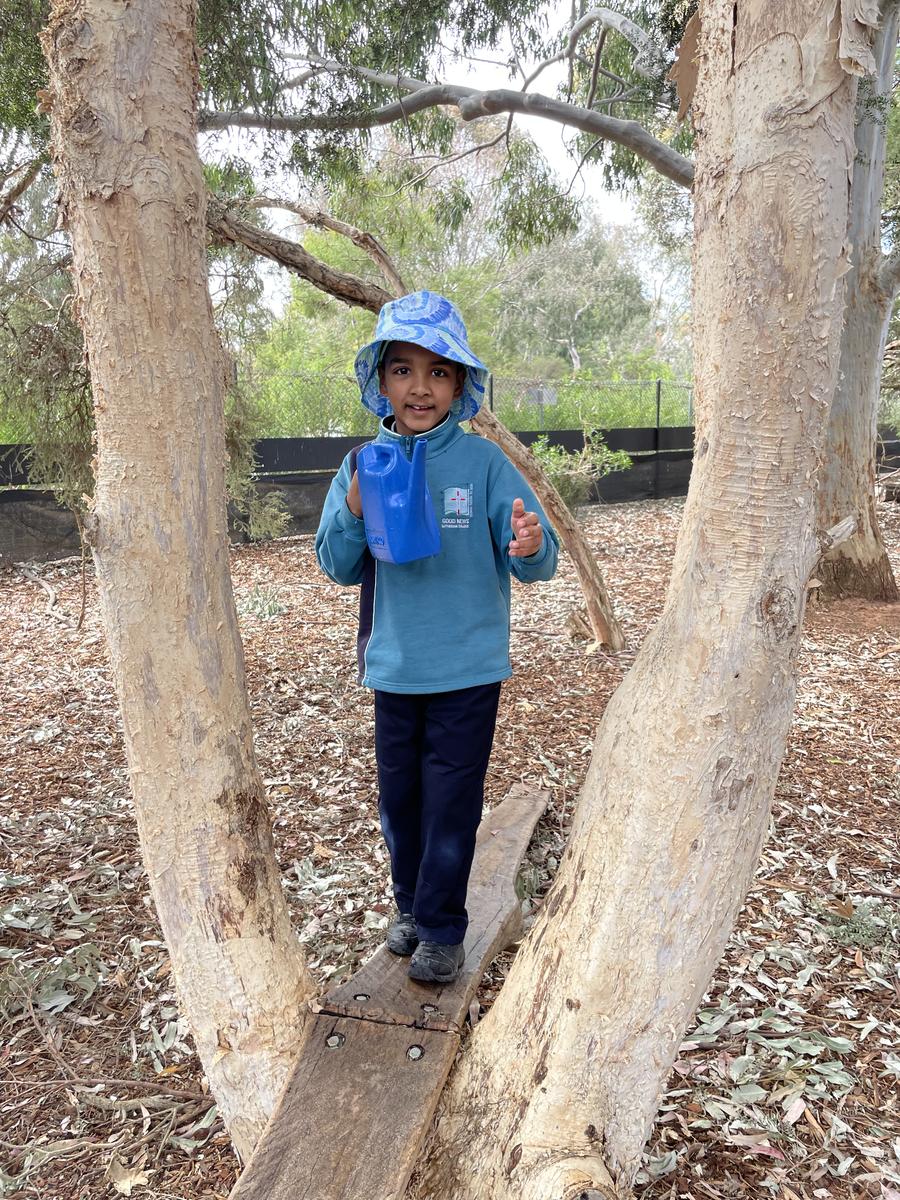
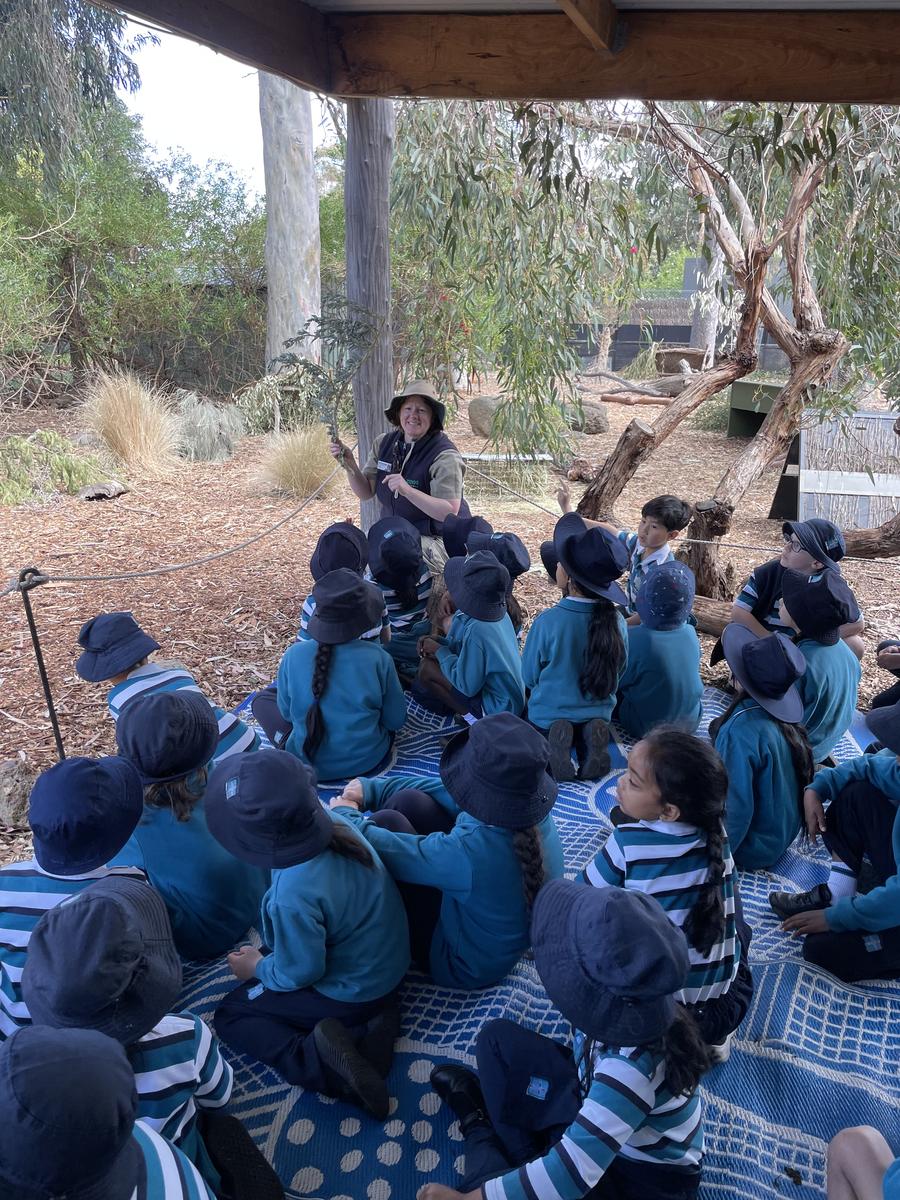
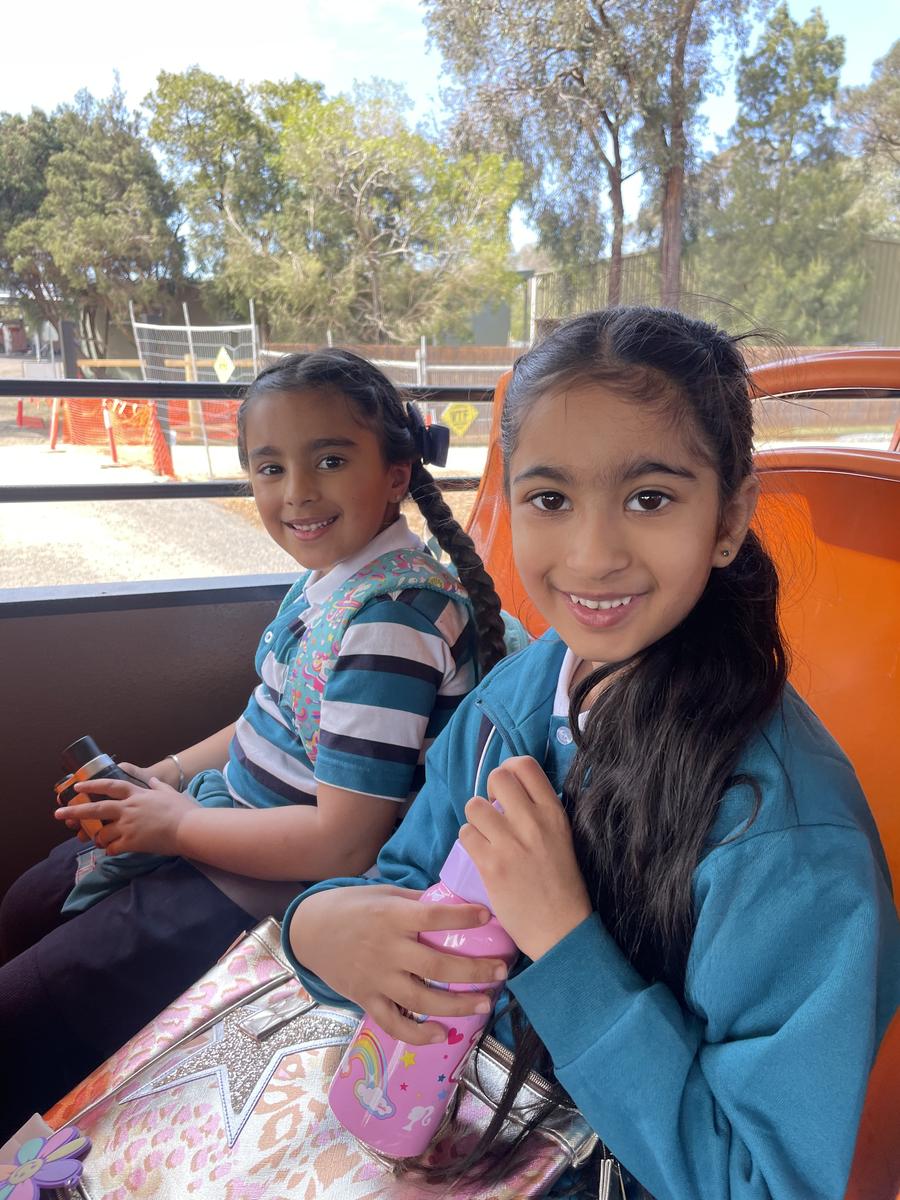
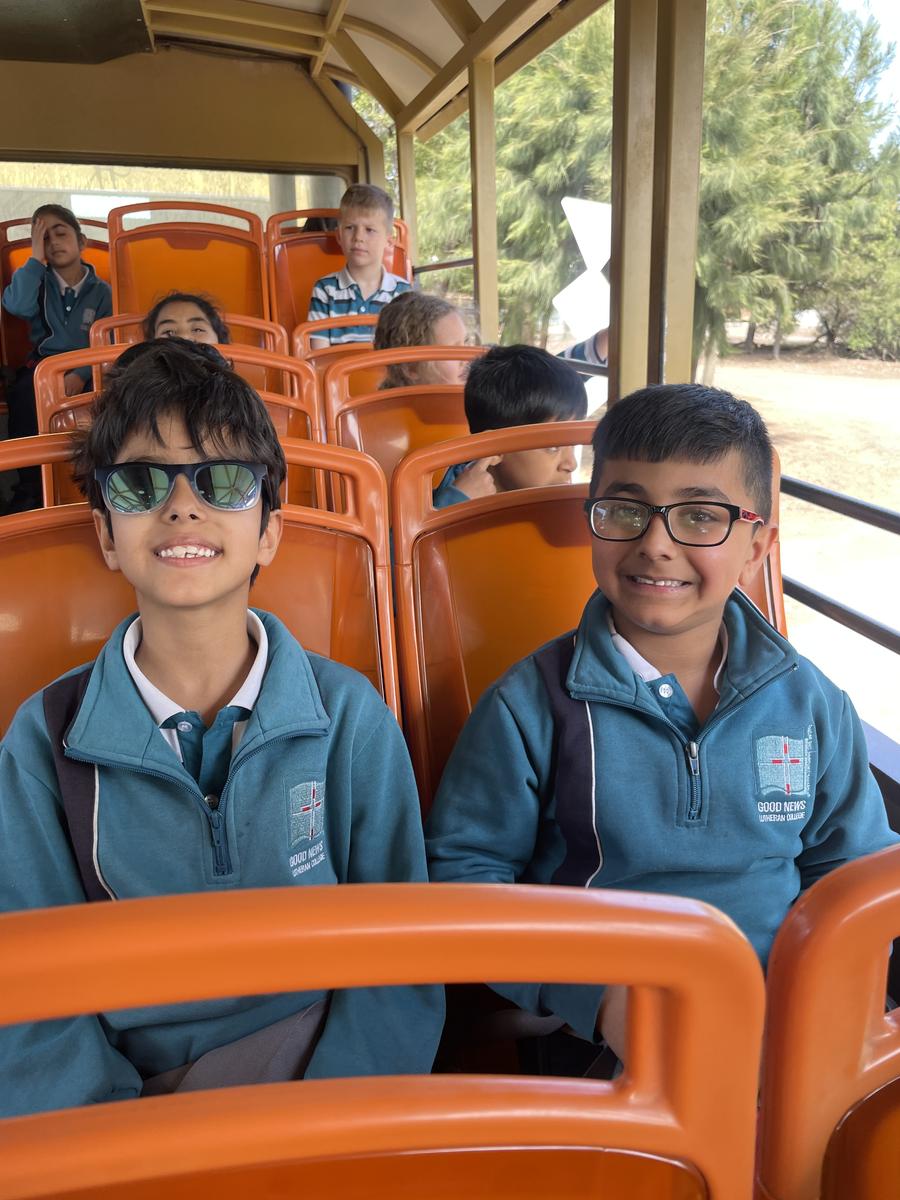
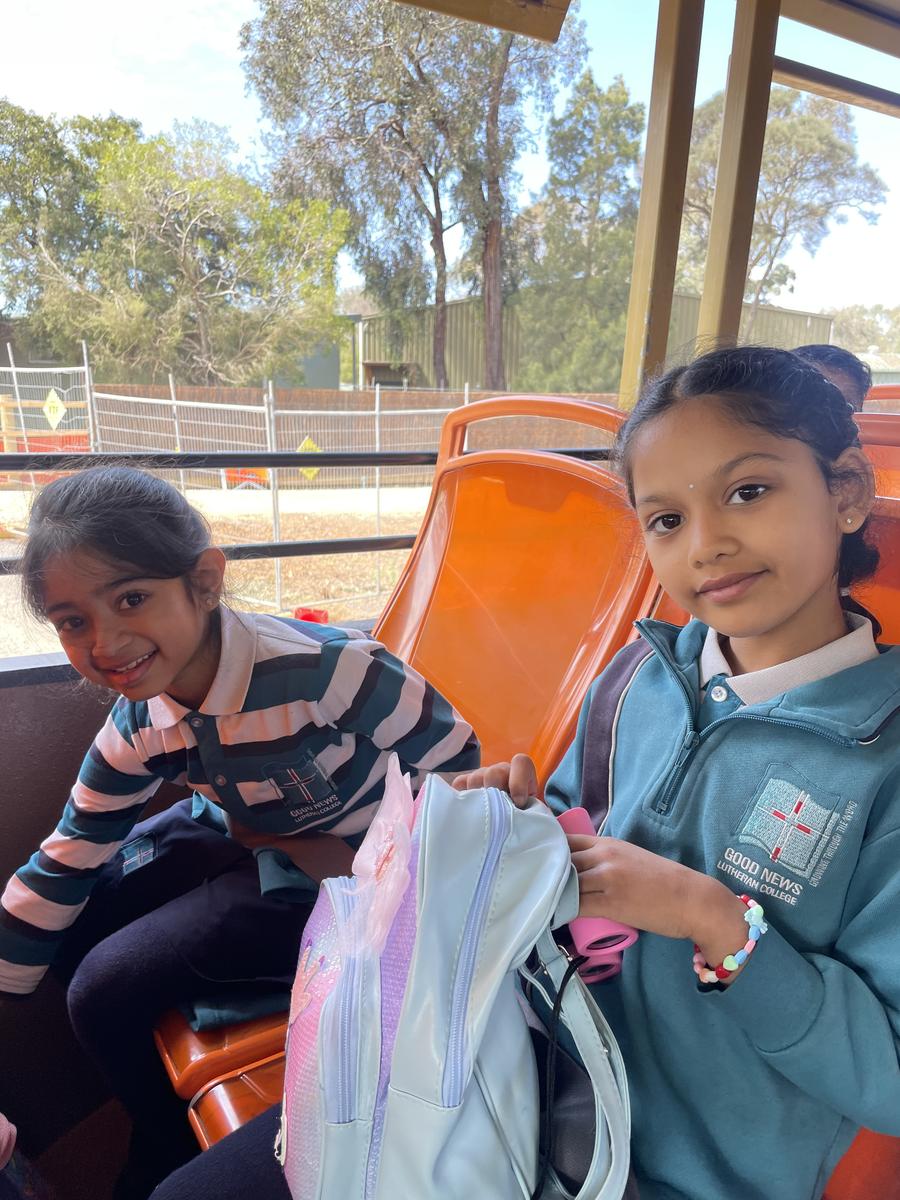
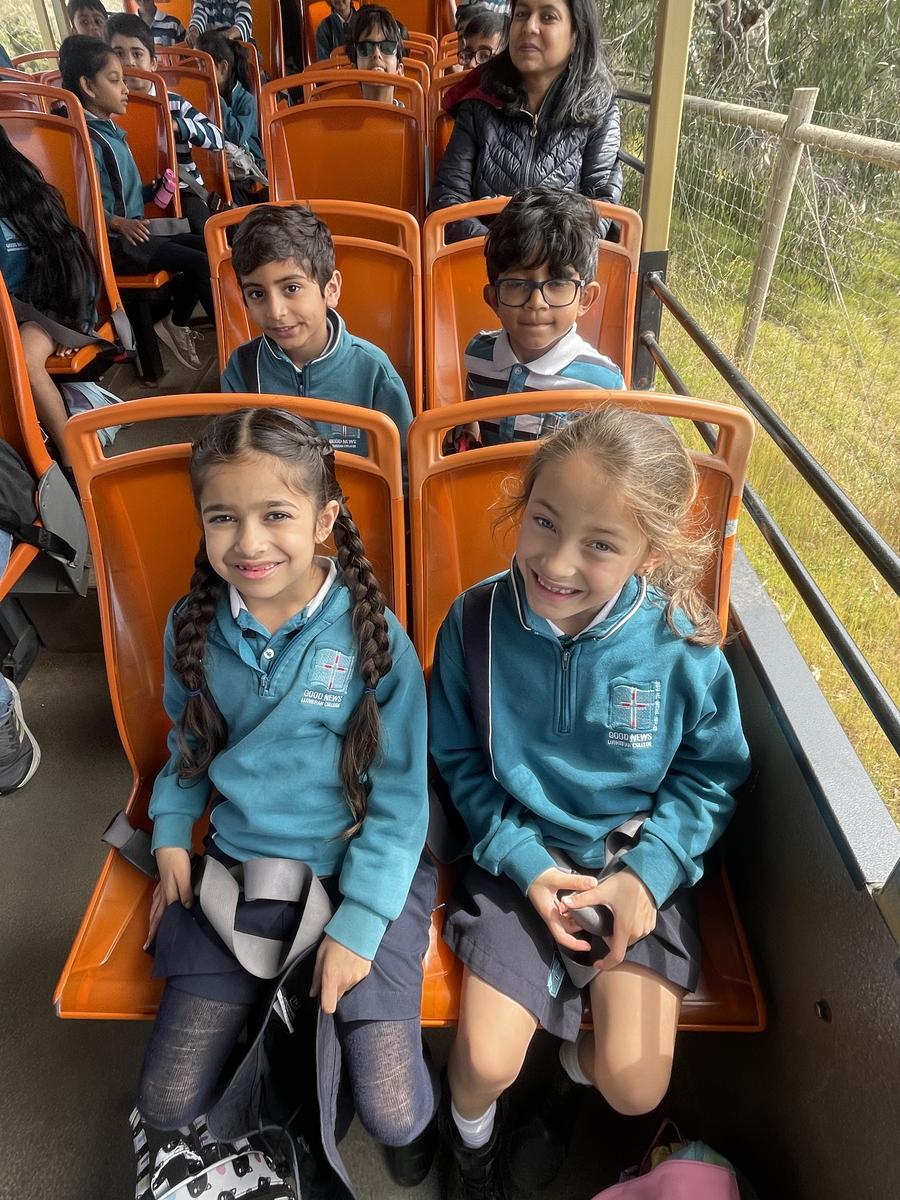
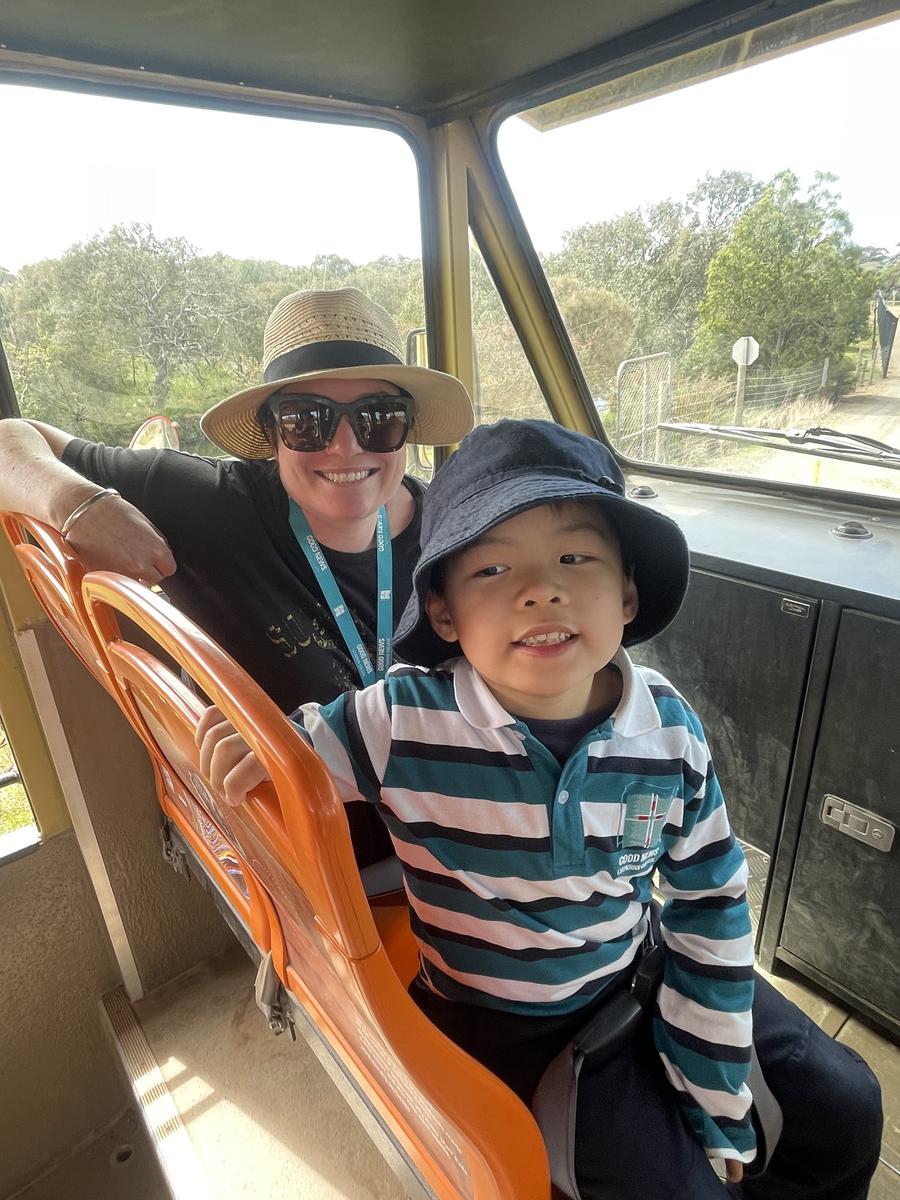
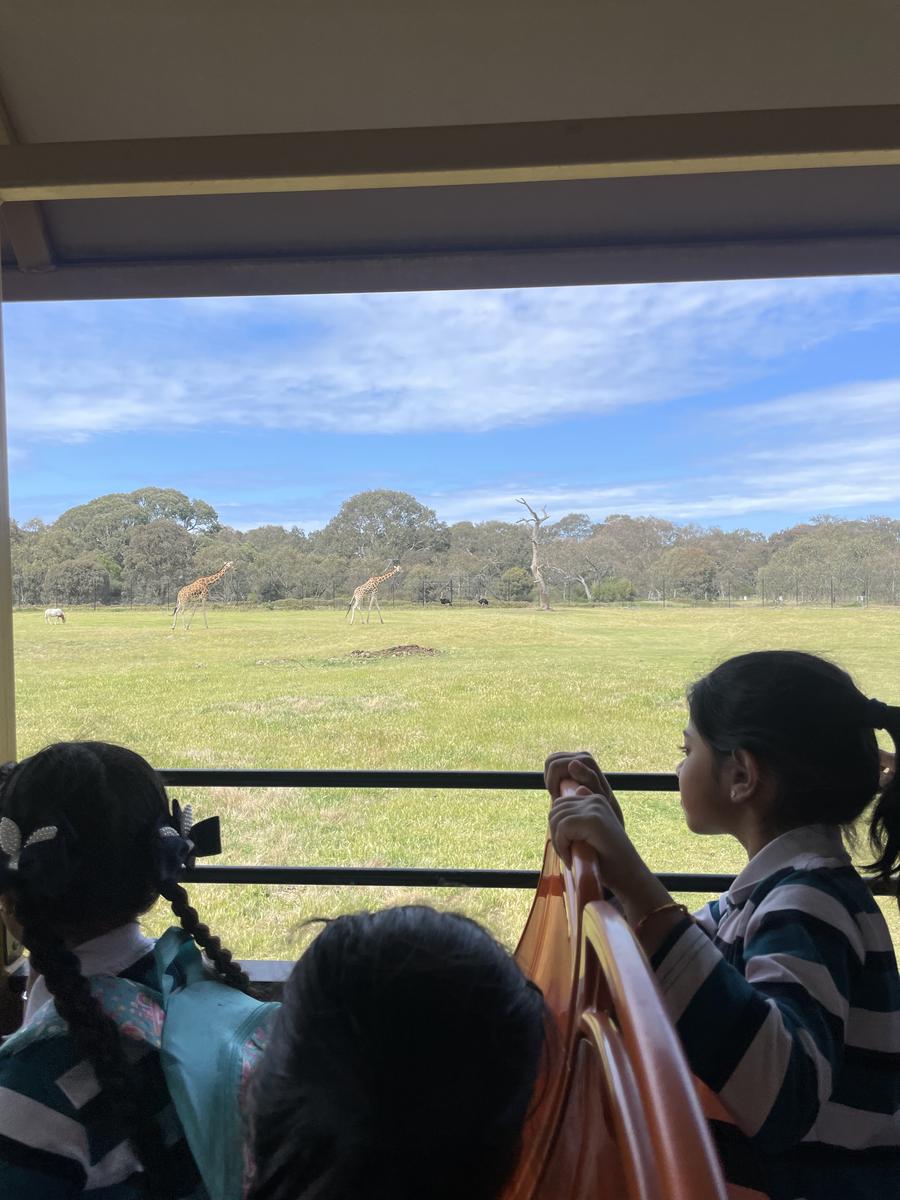
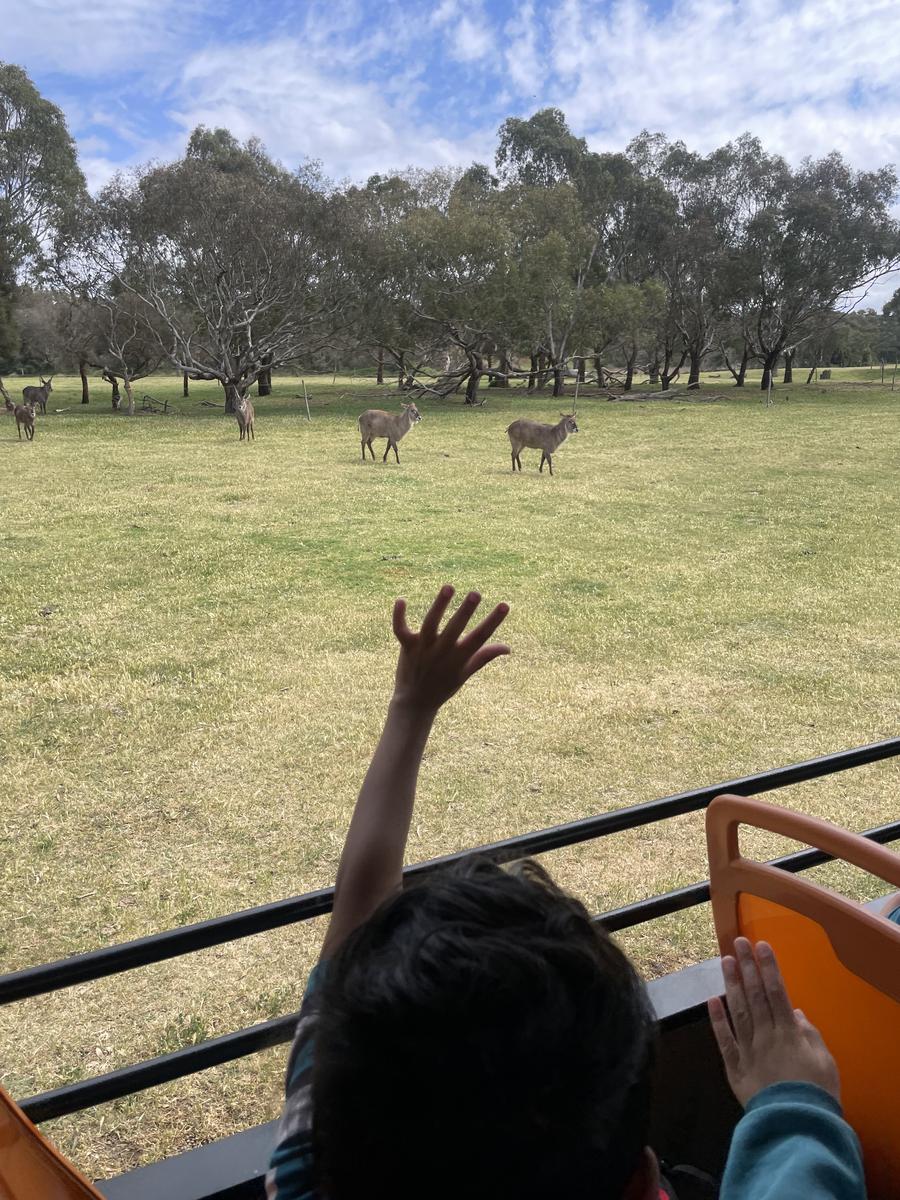
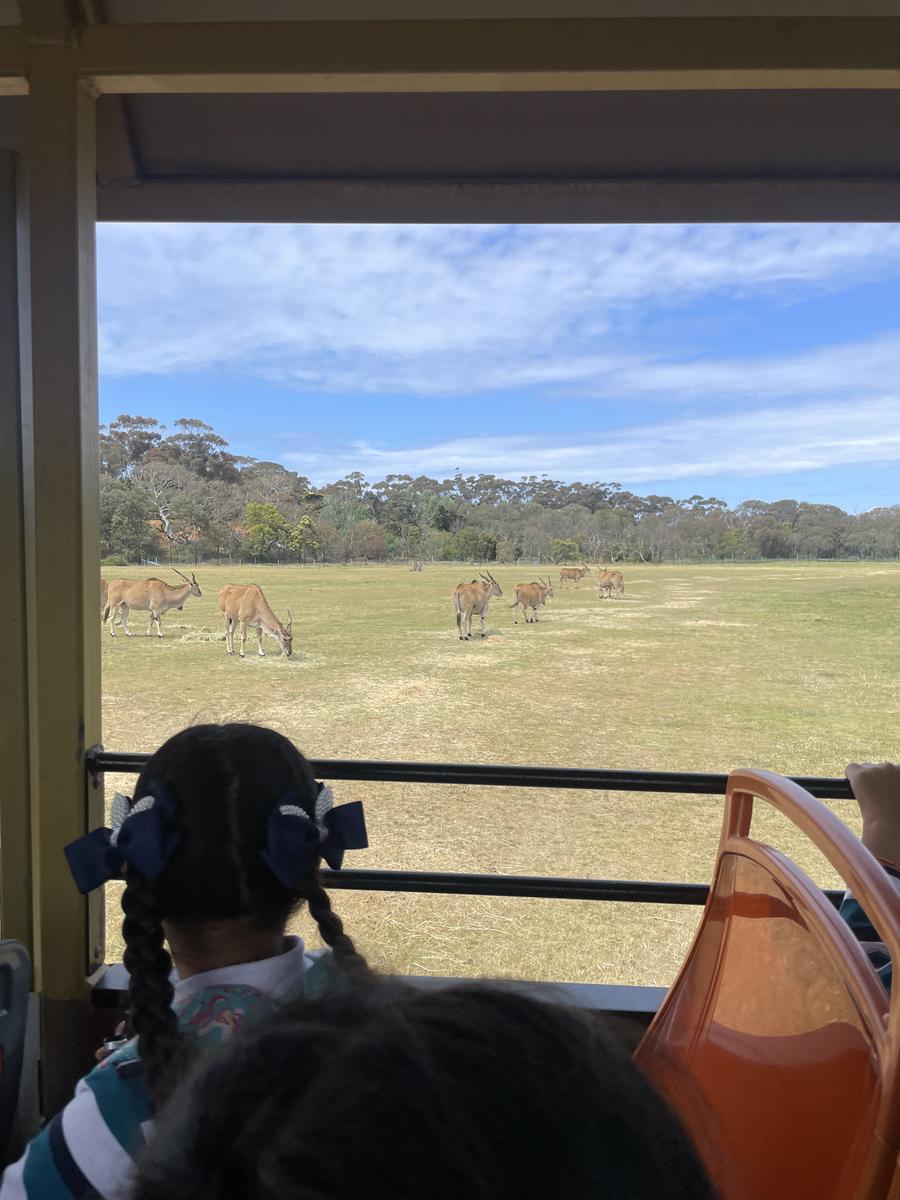
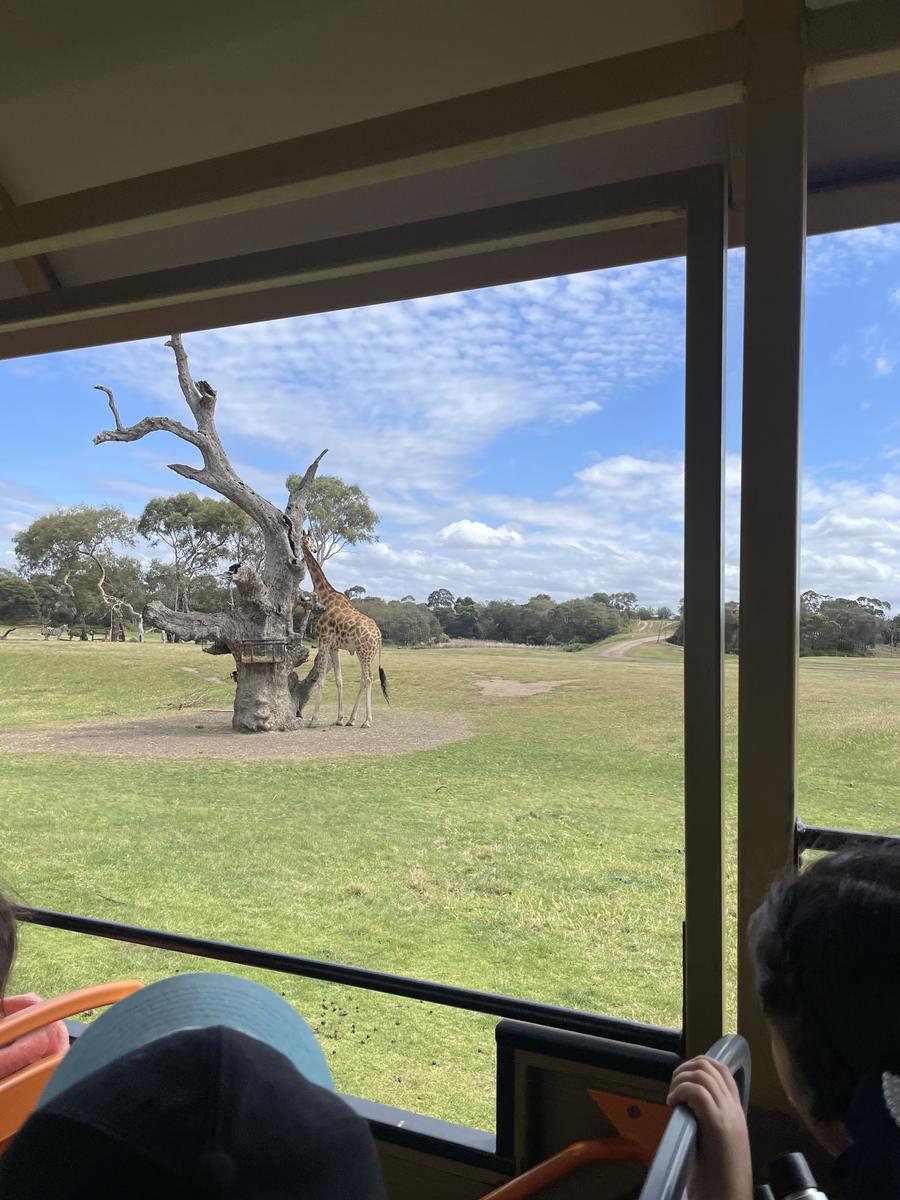
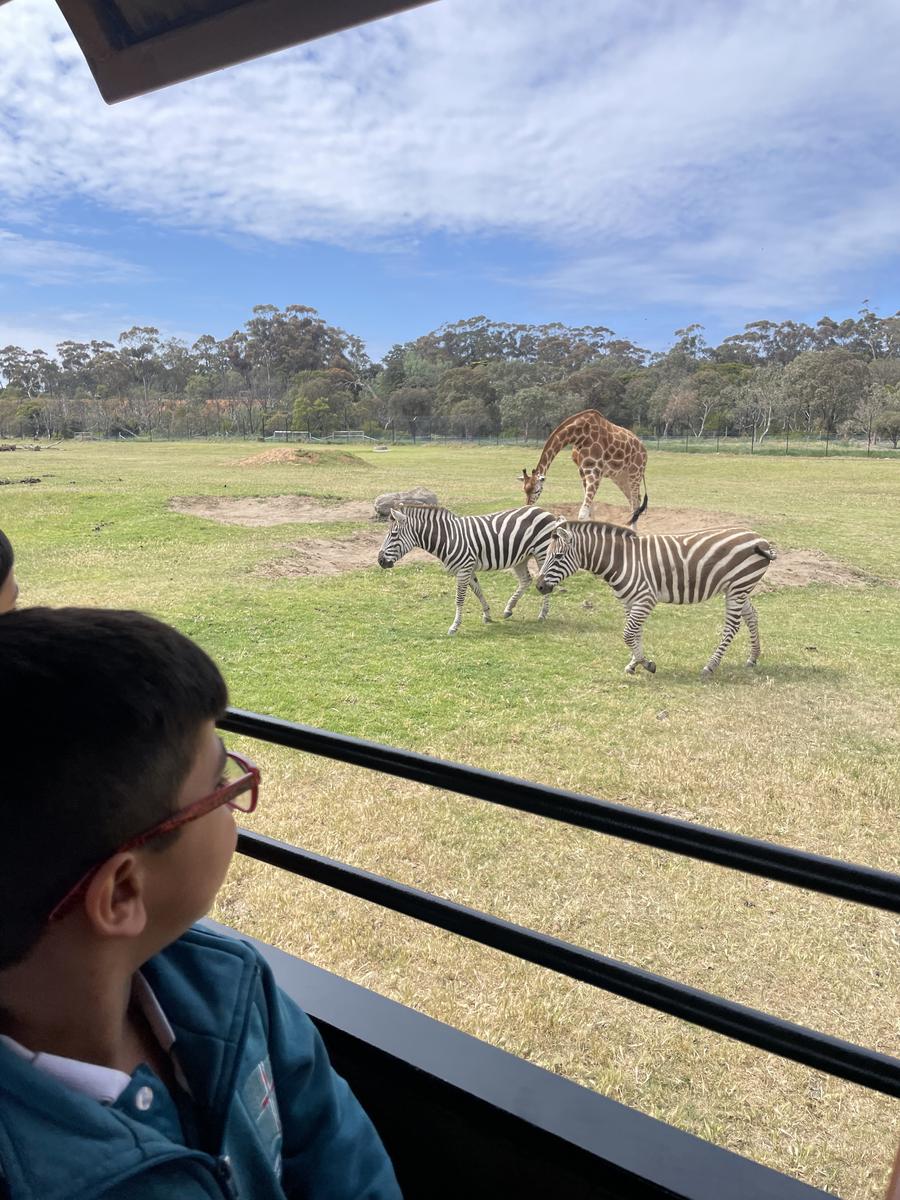
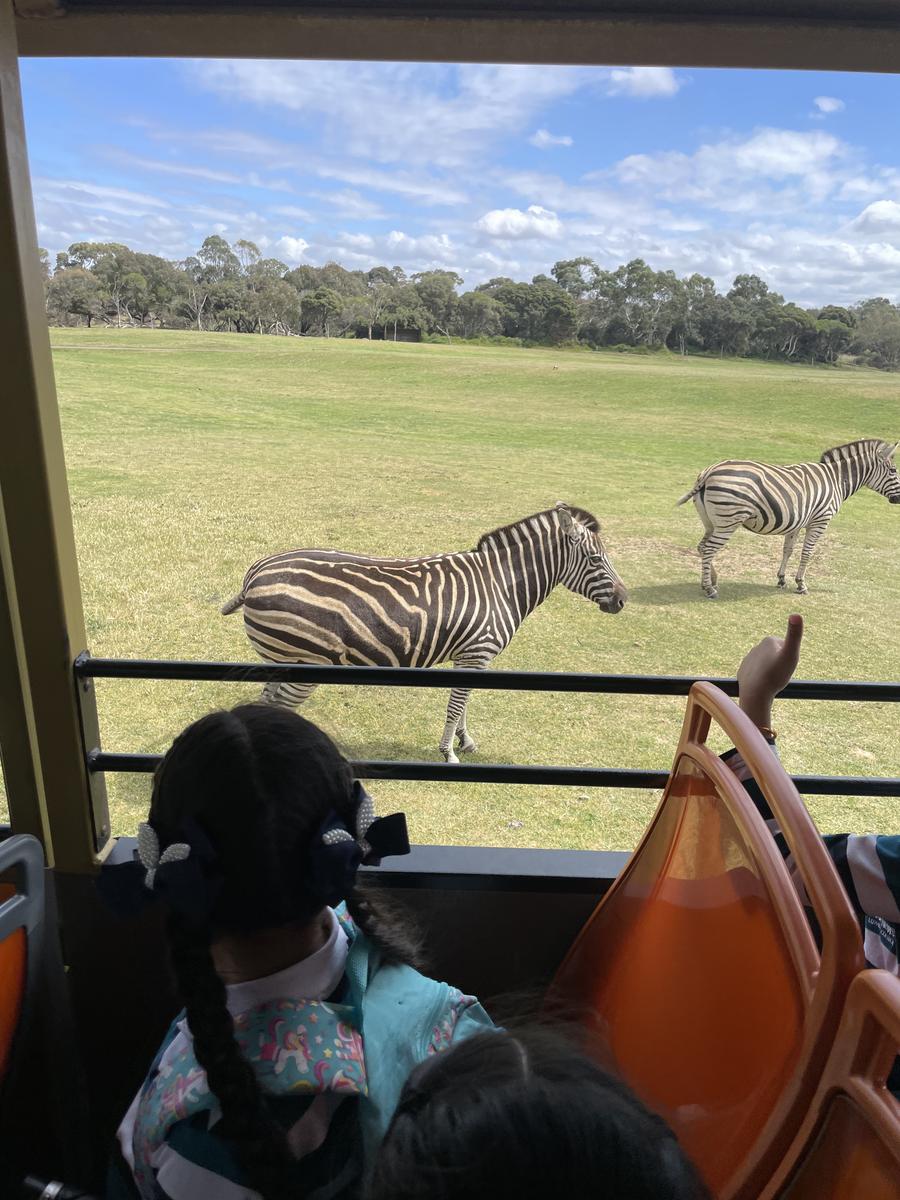
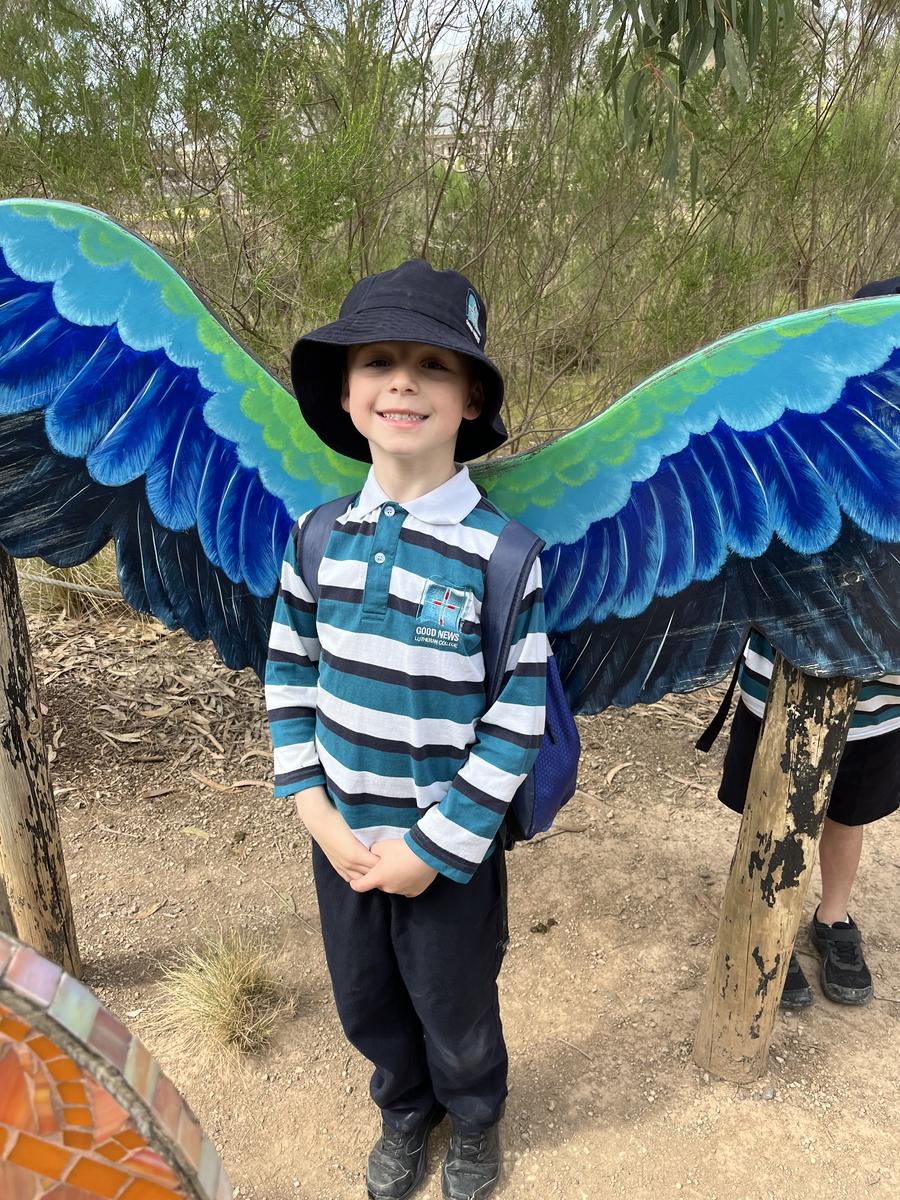
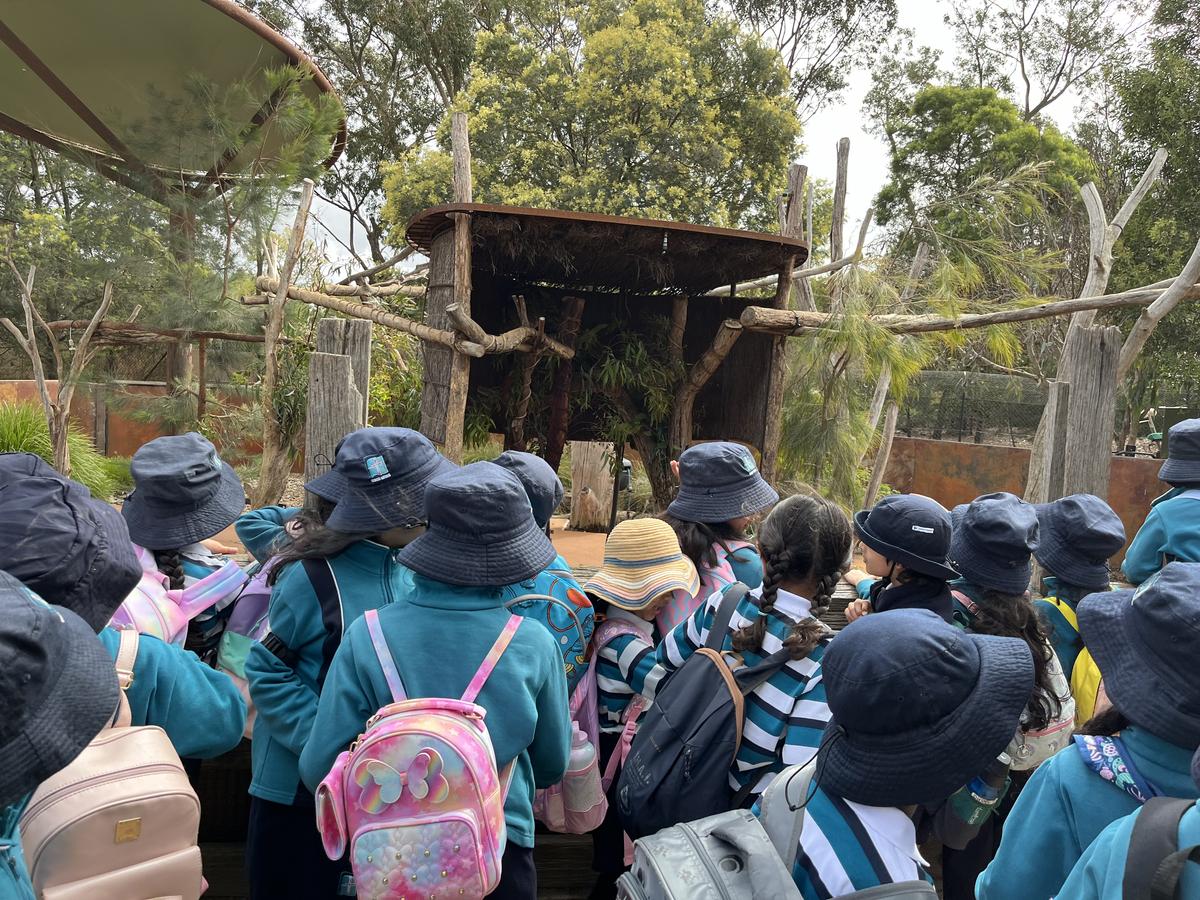











































Join us as we celebrate the creativity of the Year 2 writers!
2.30pm Friday 8 November 2024
Bethany Auditorium - Good News Lutheran College
RSVP by 25 October: Click here to RSVP
